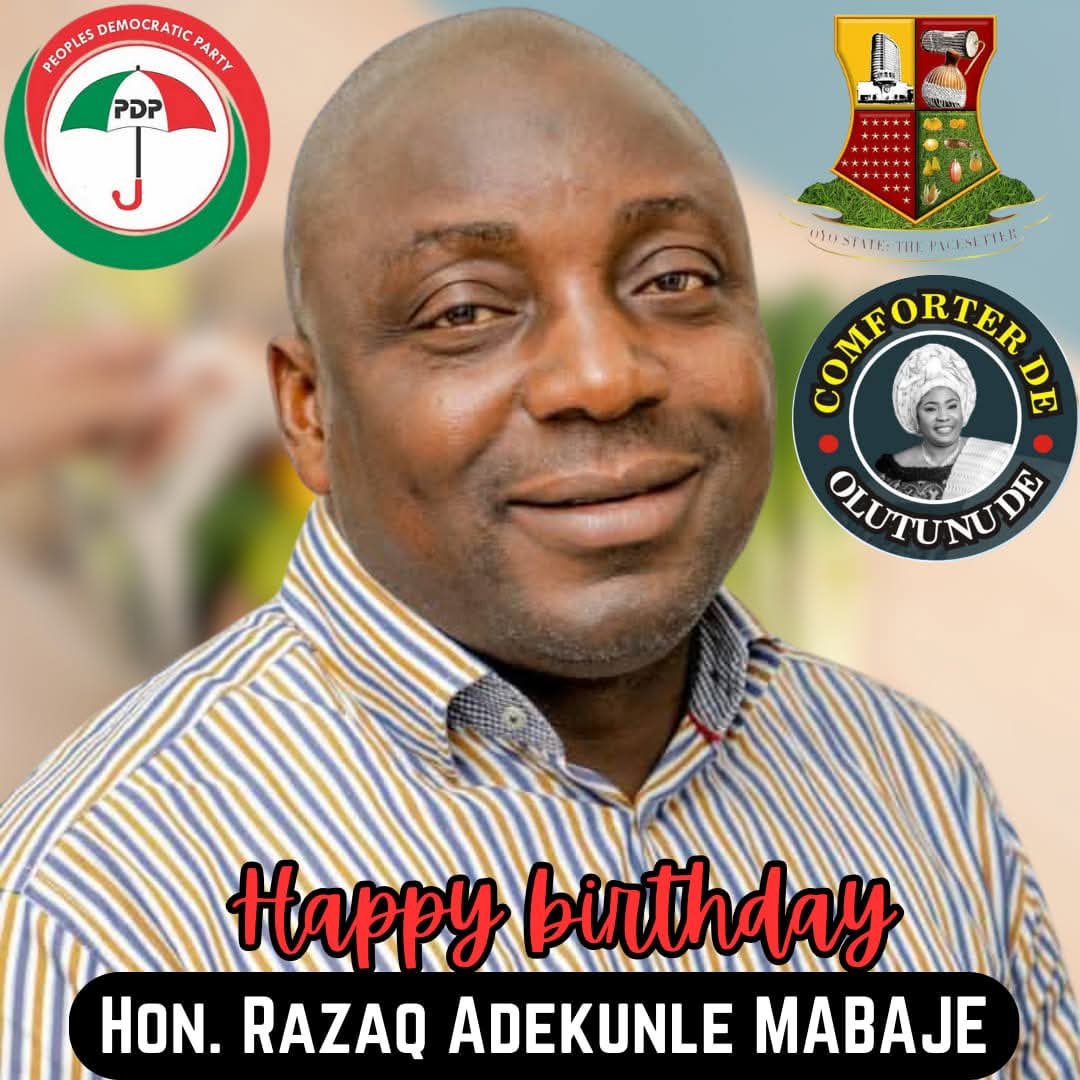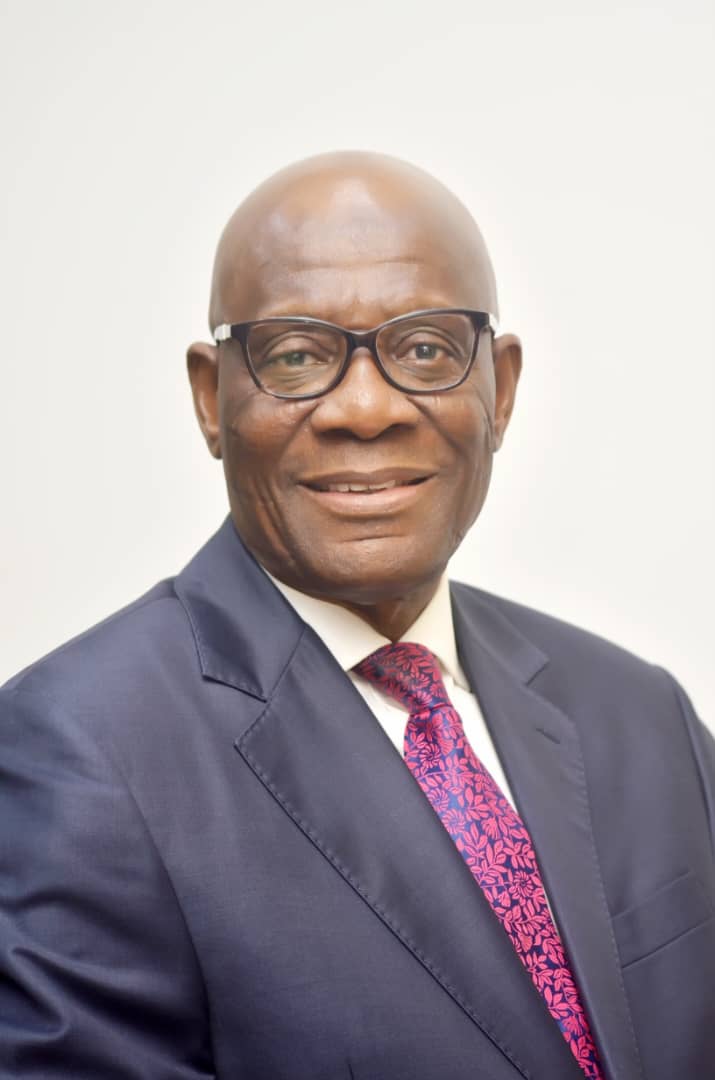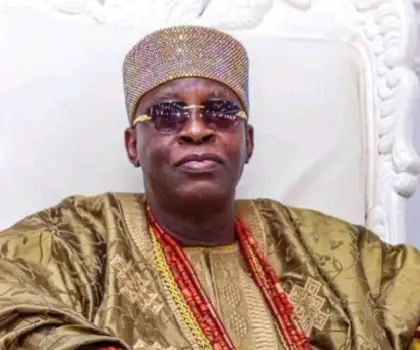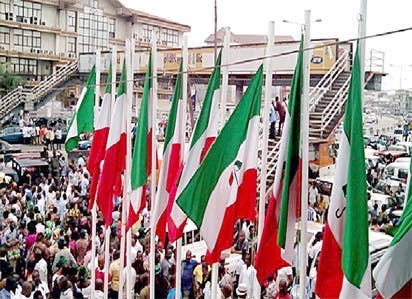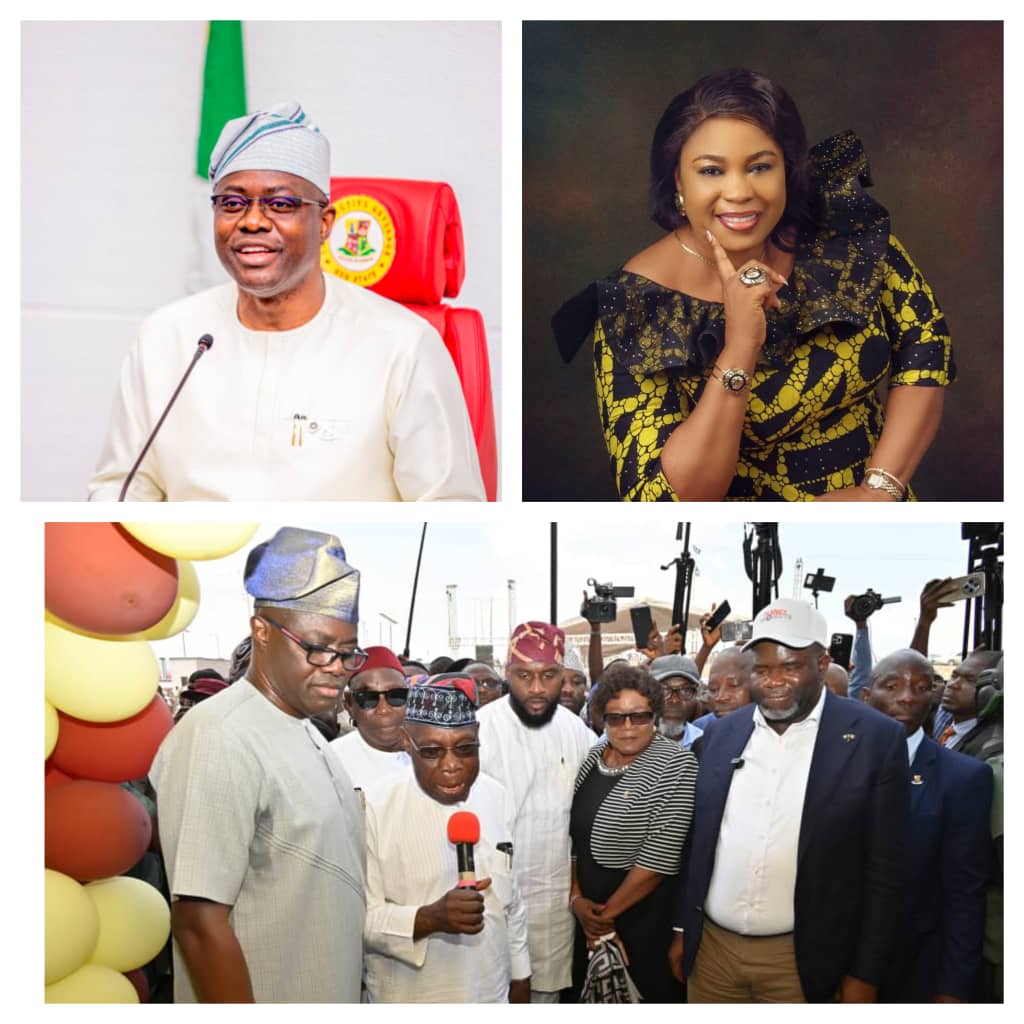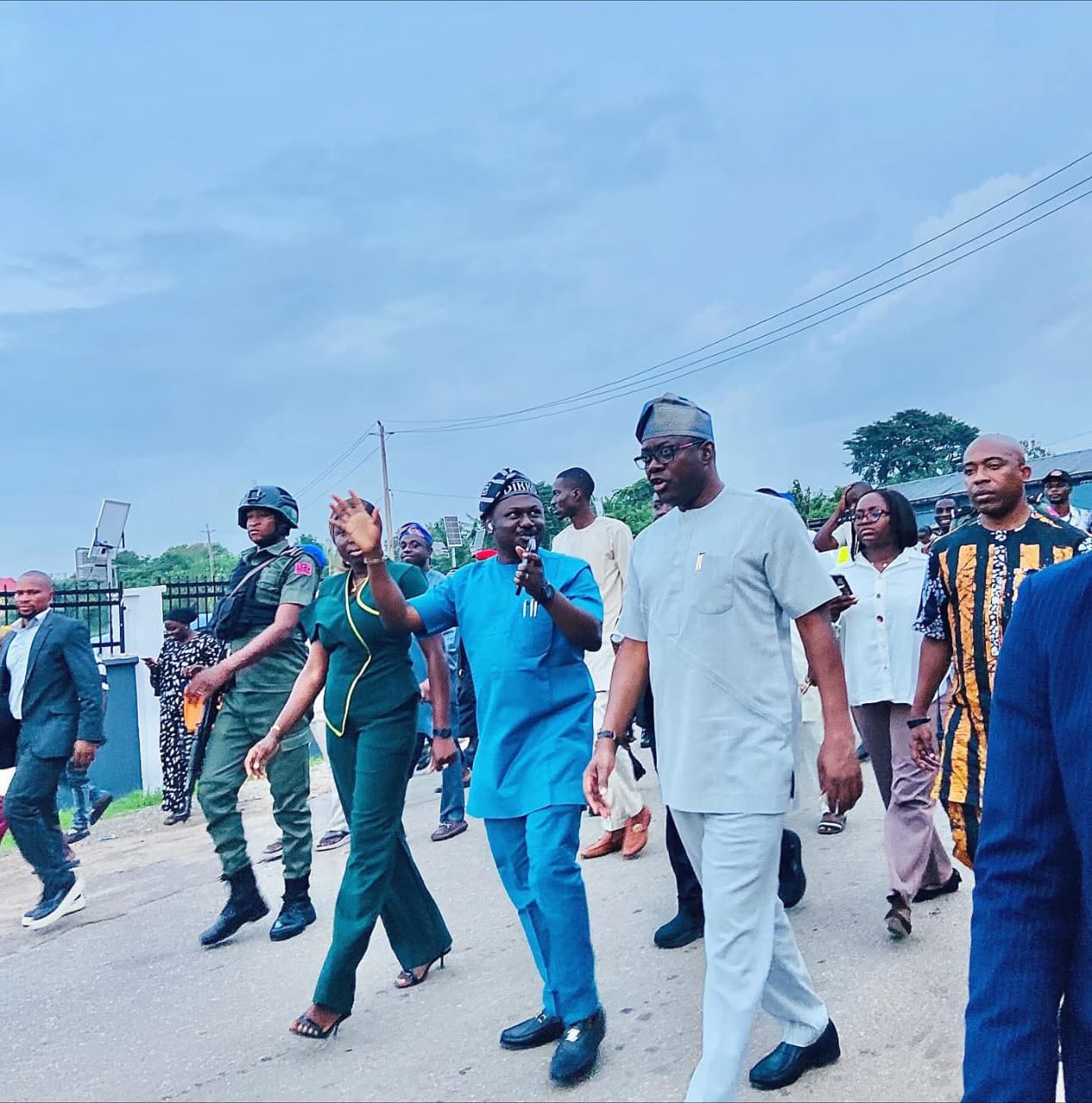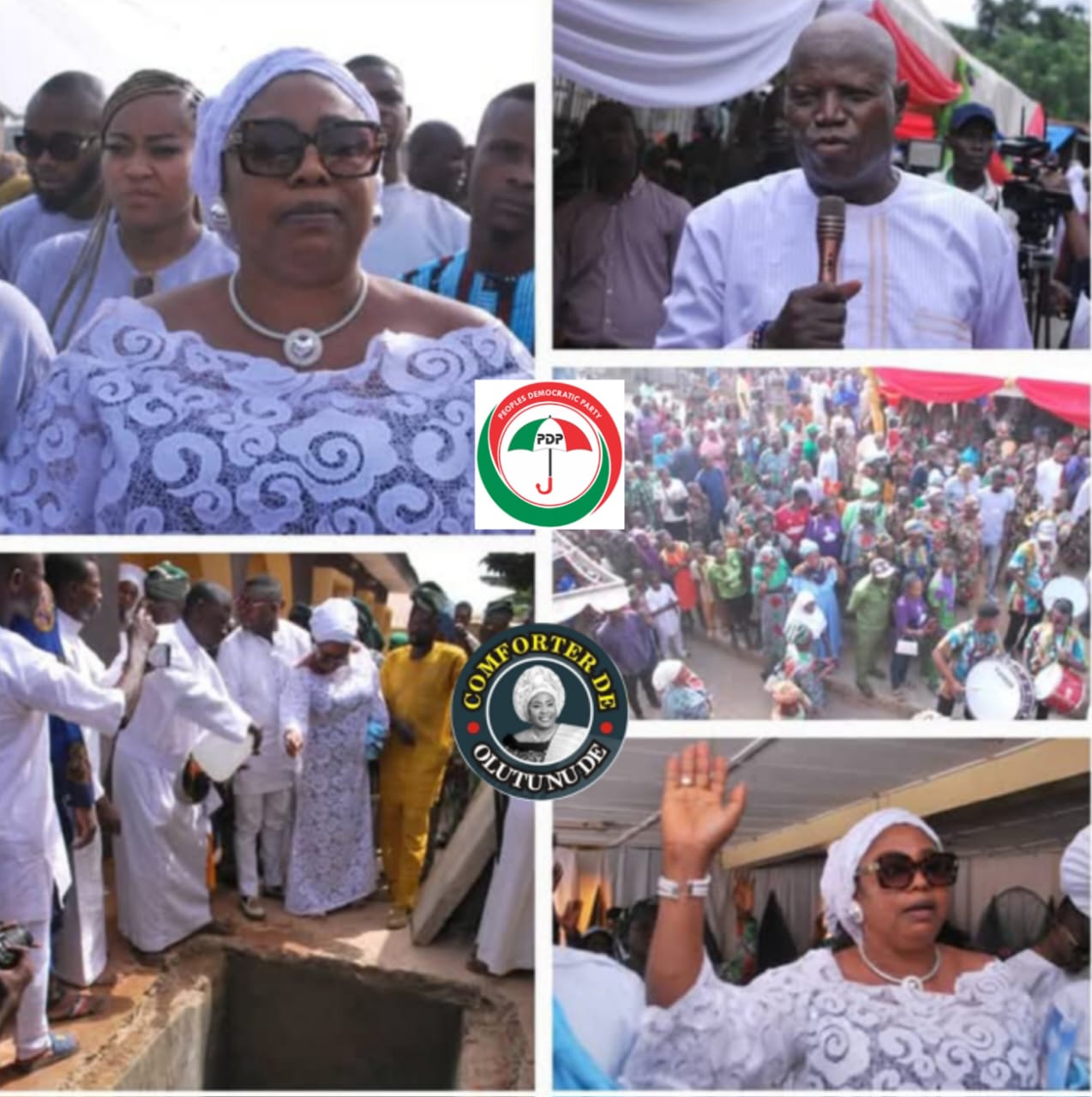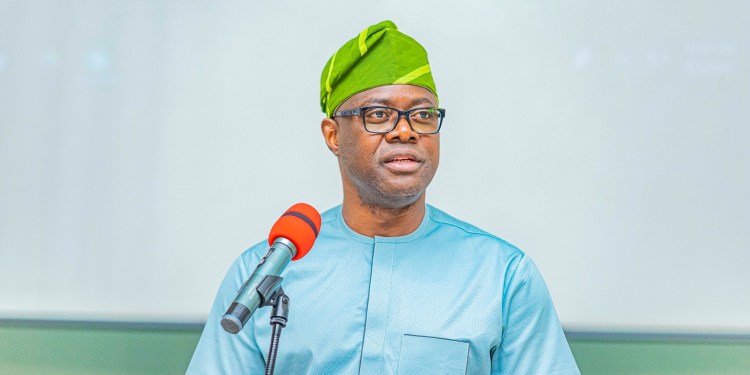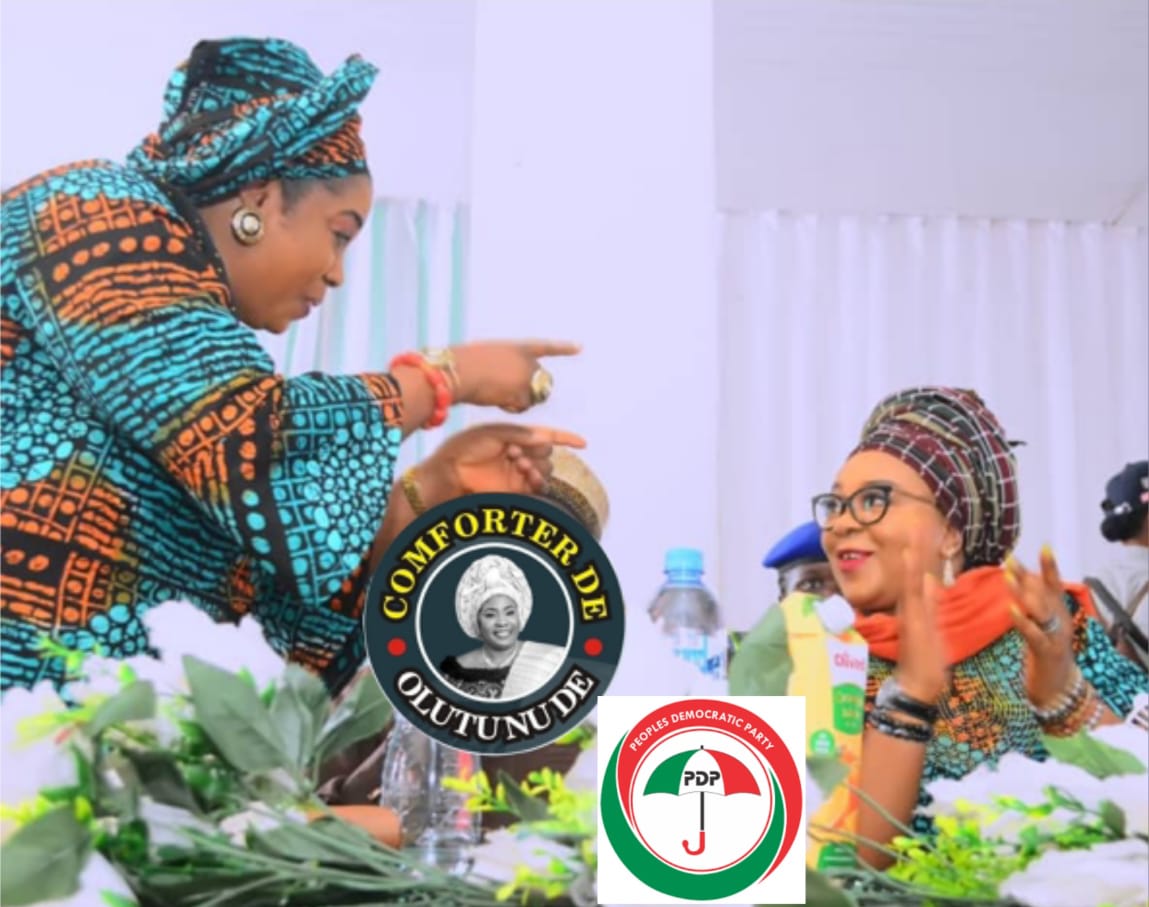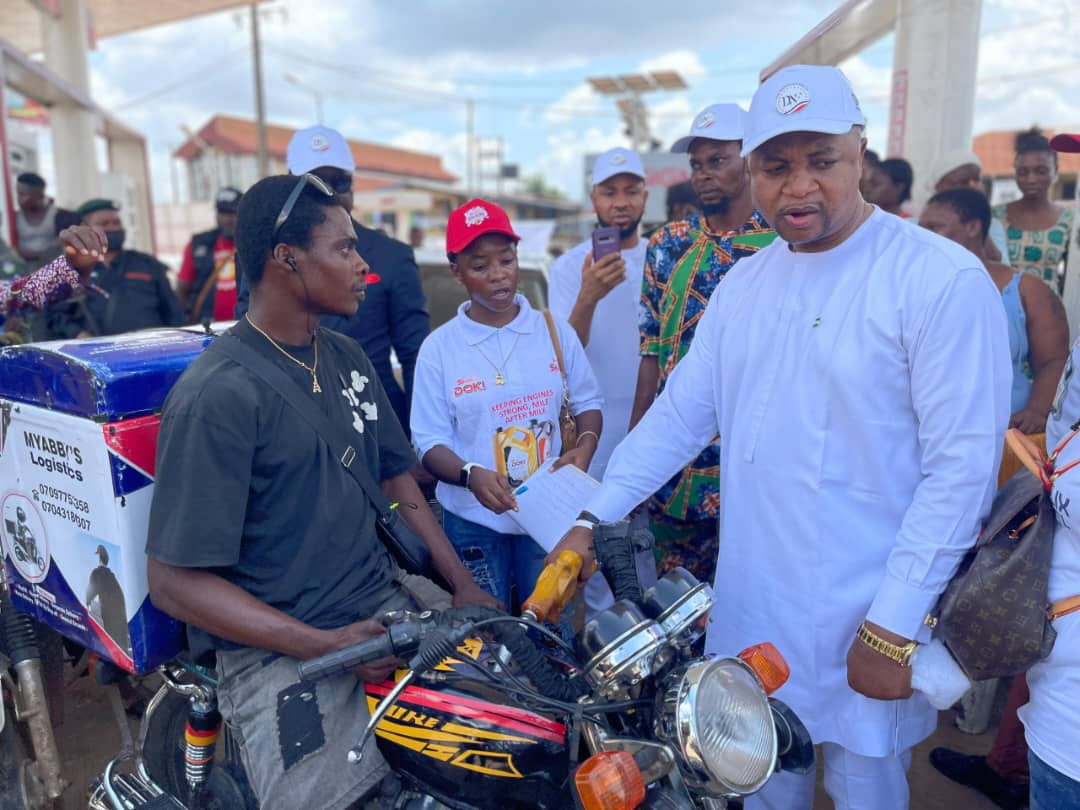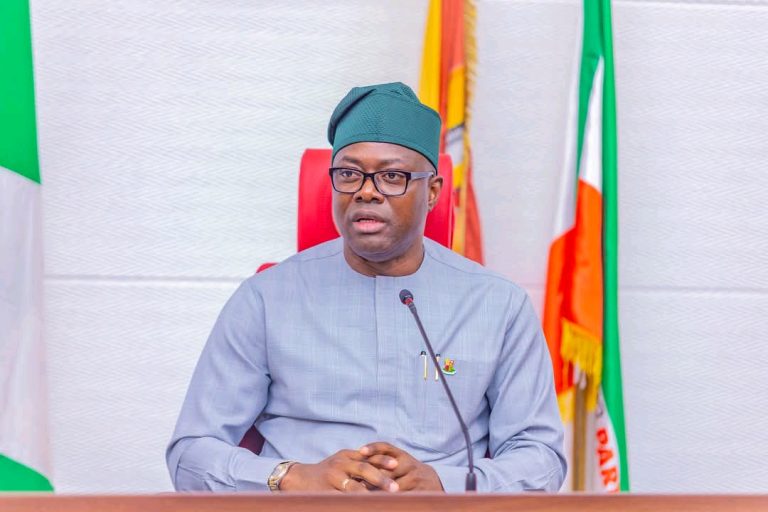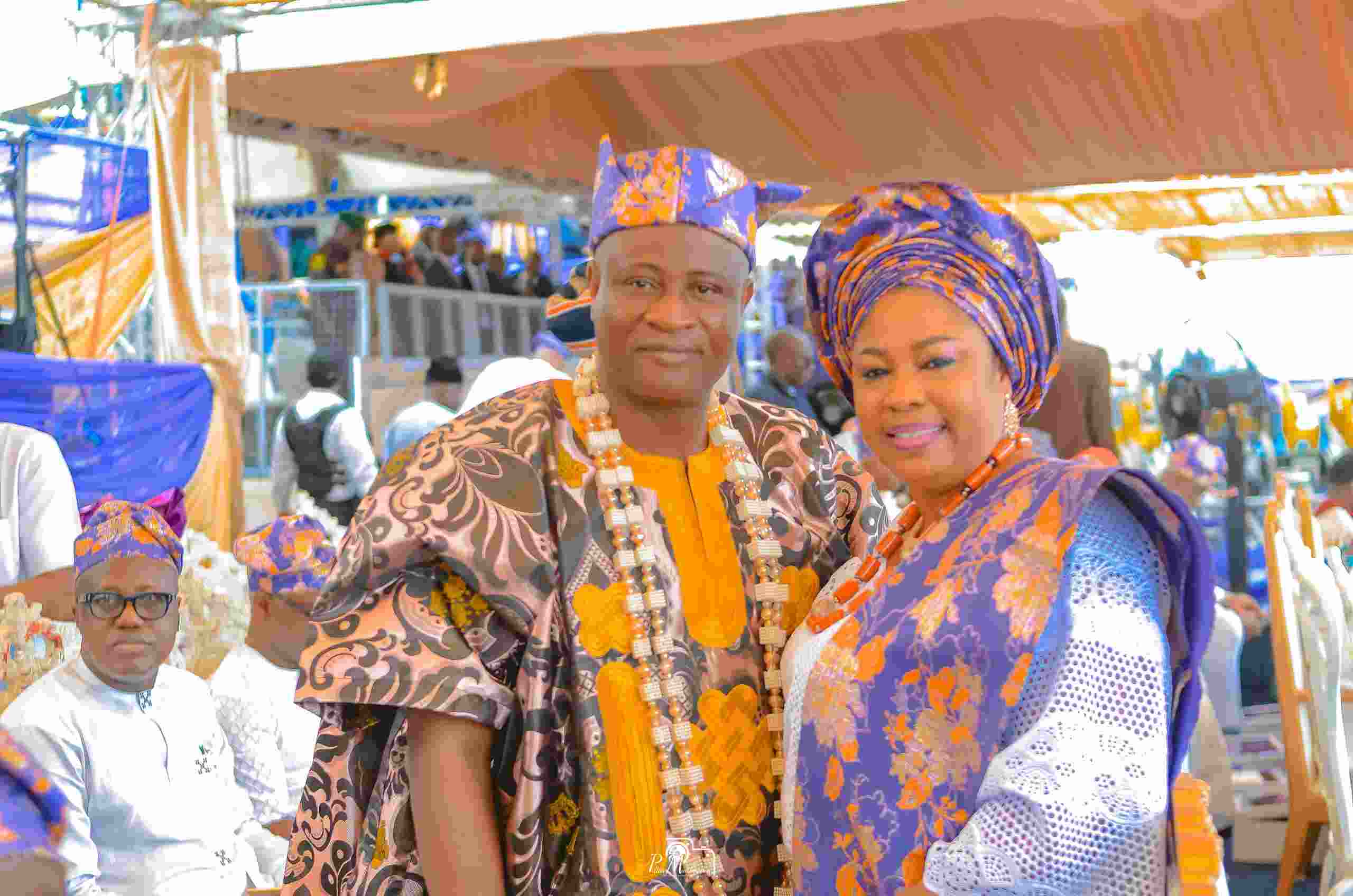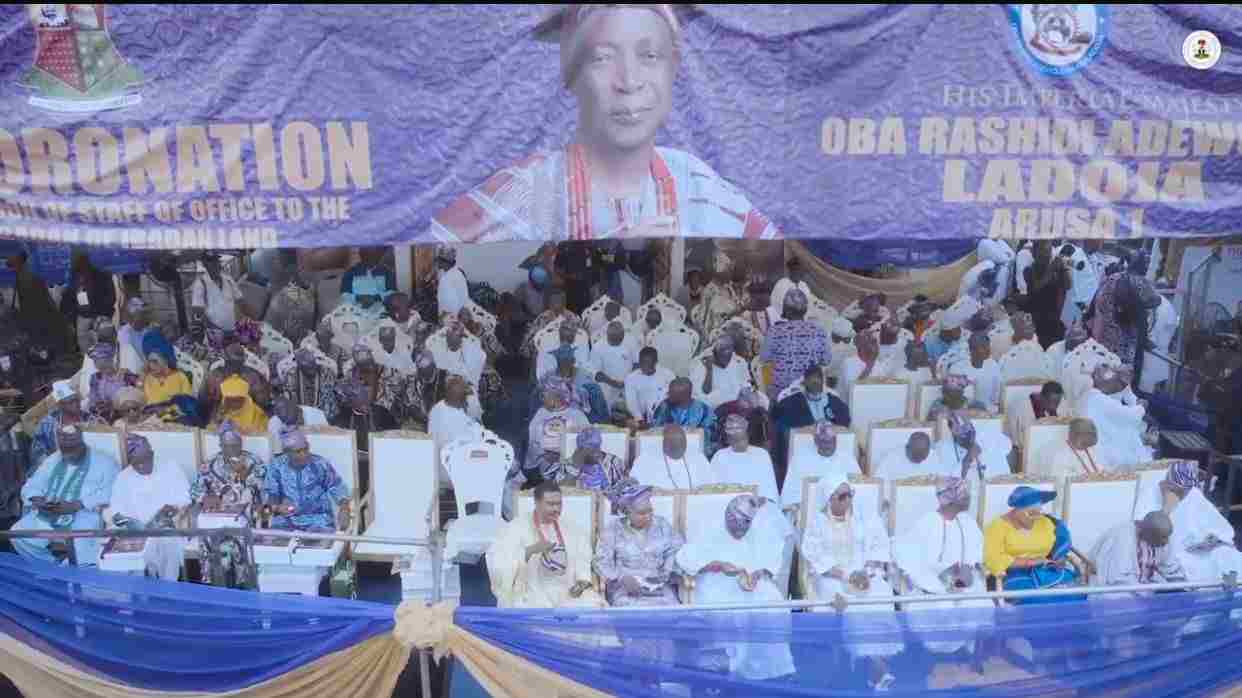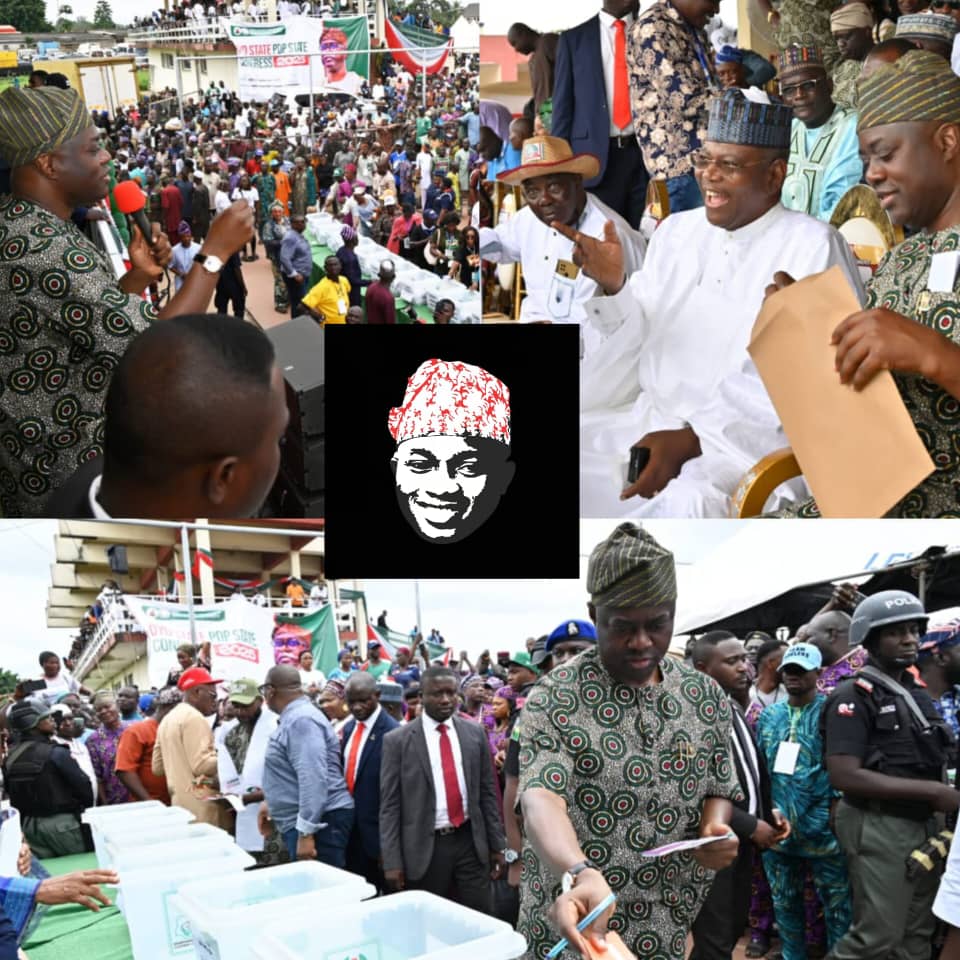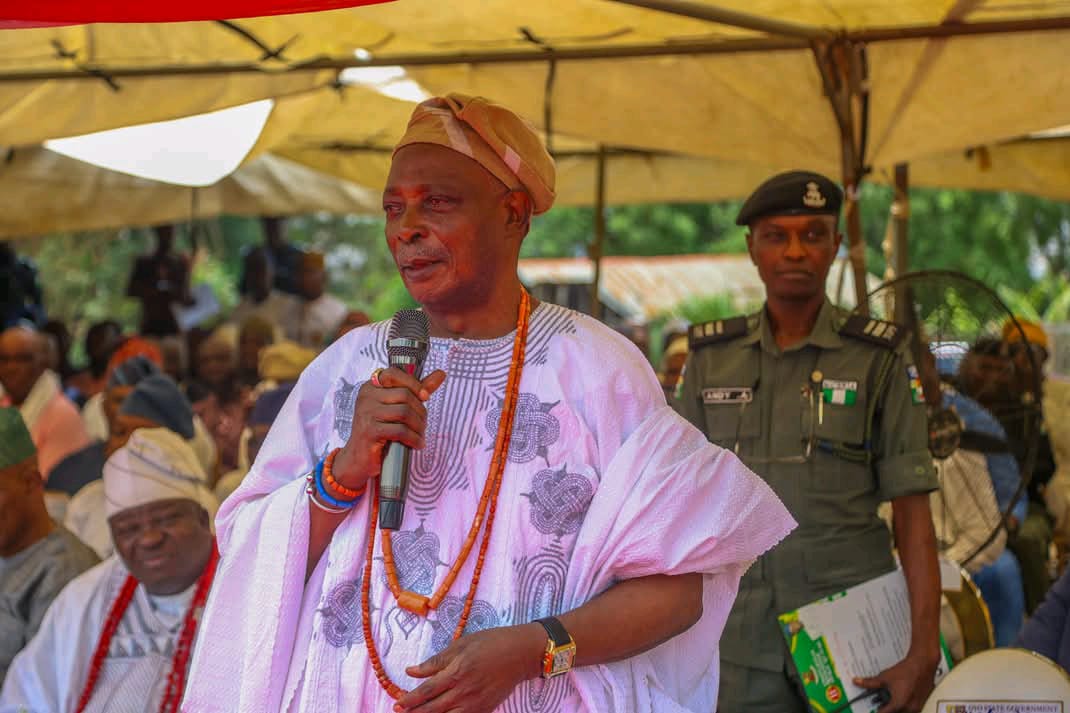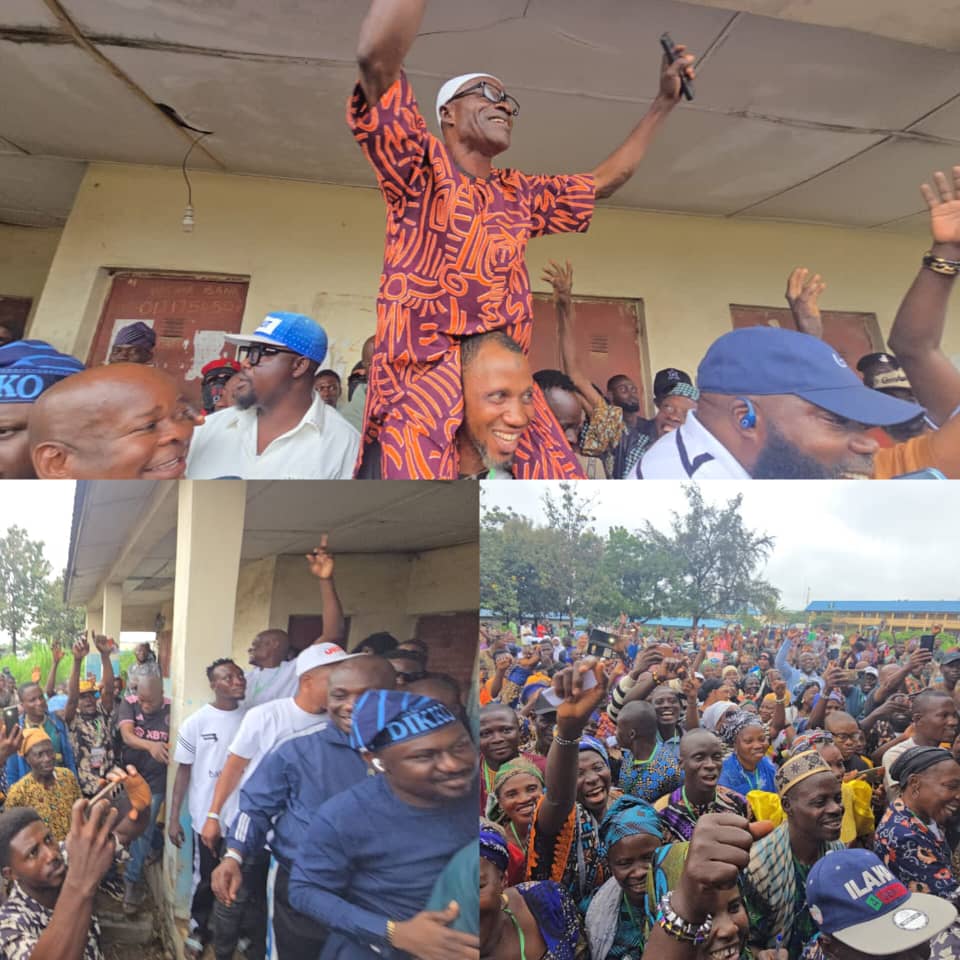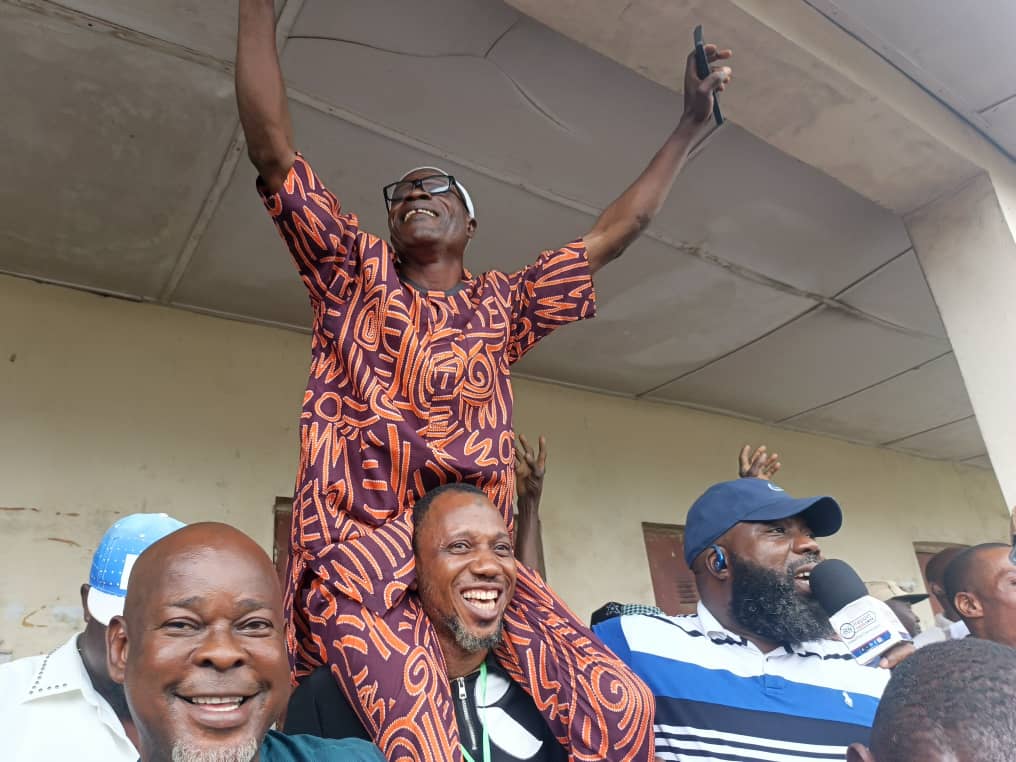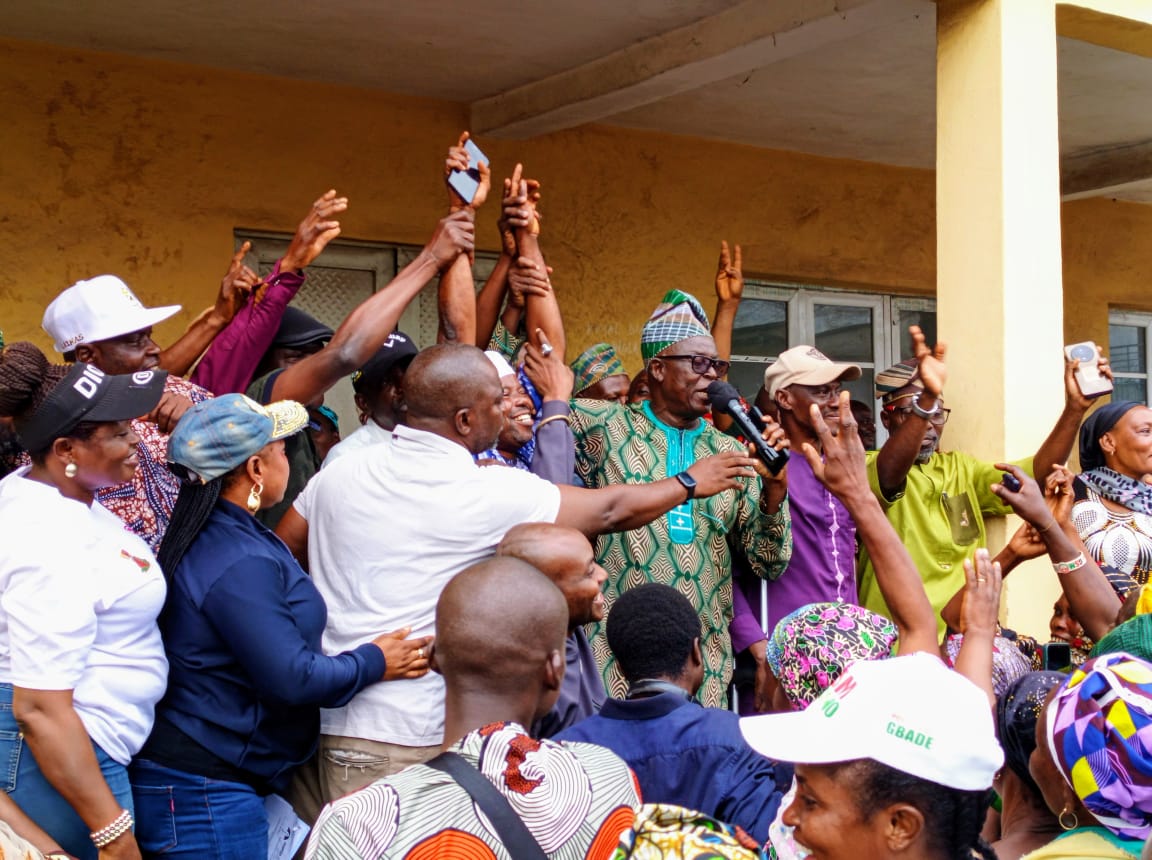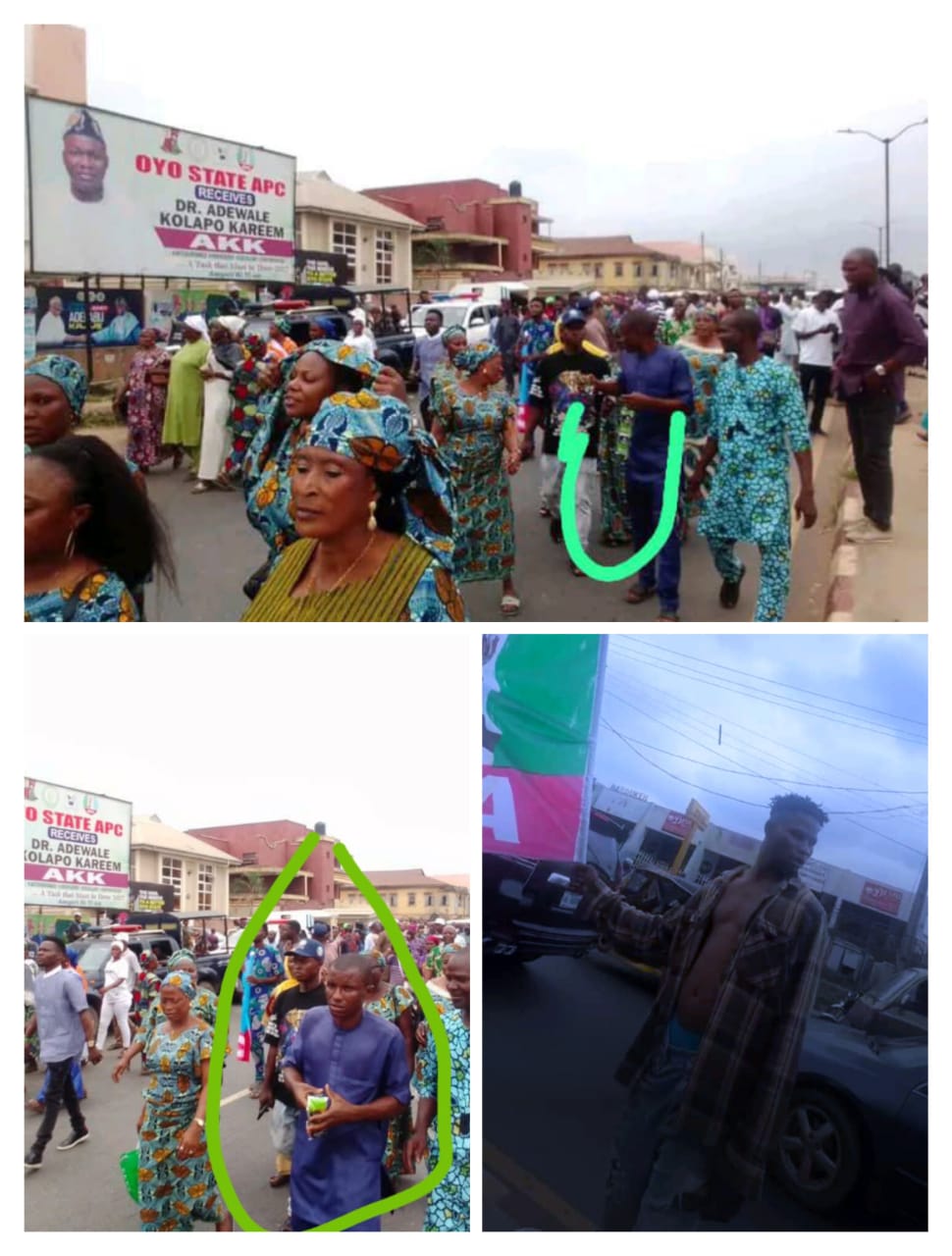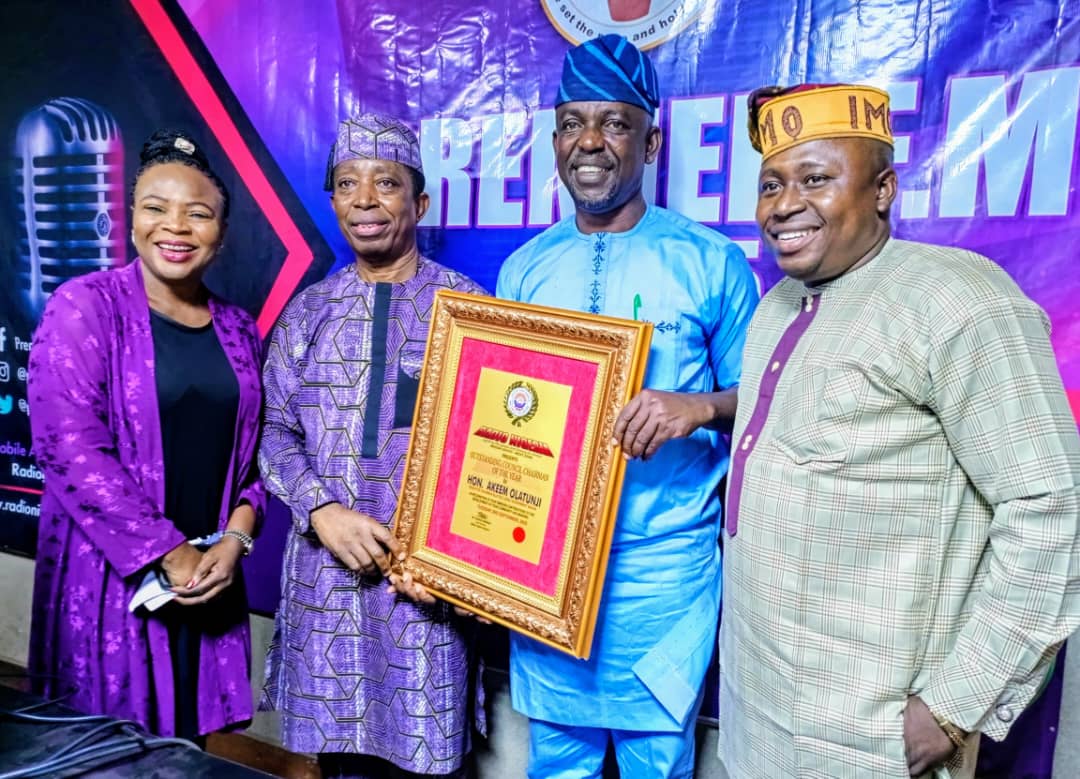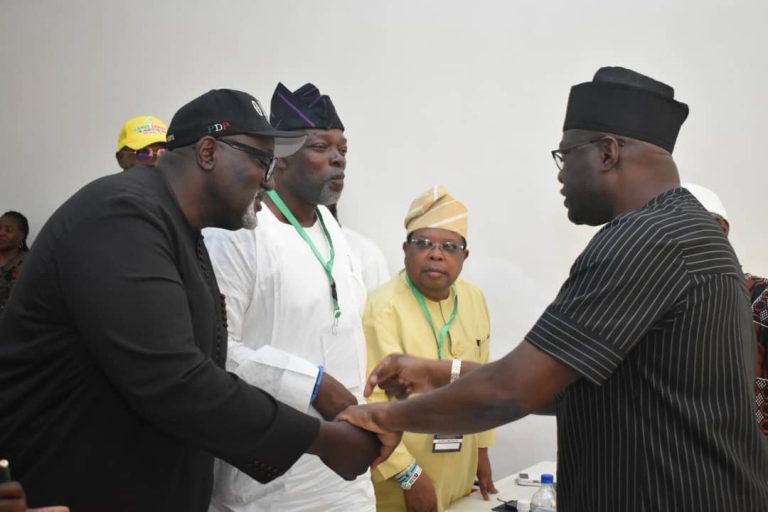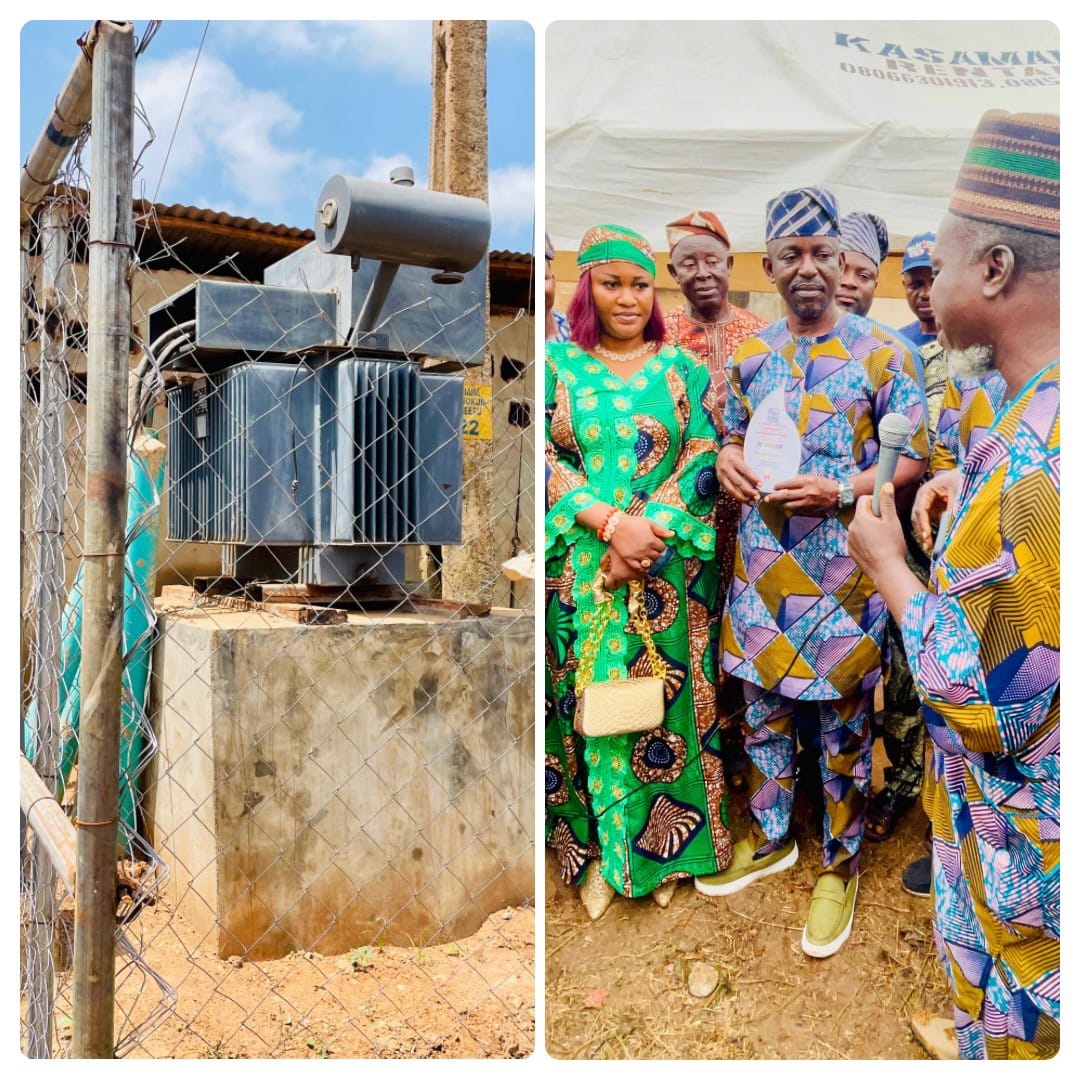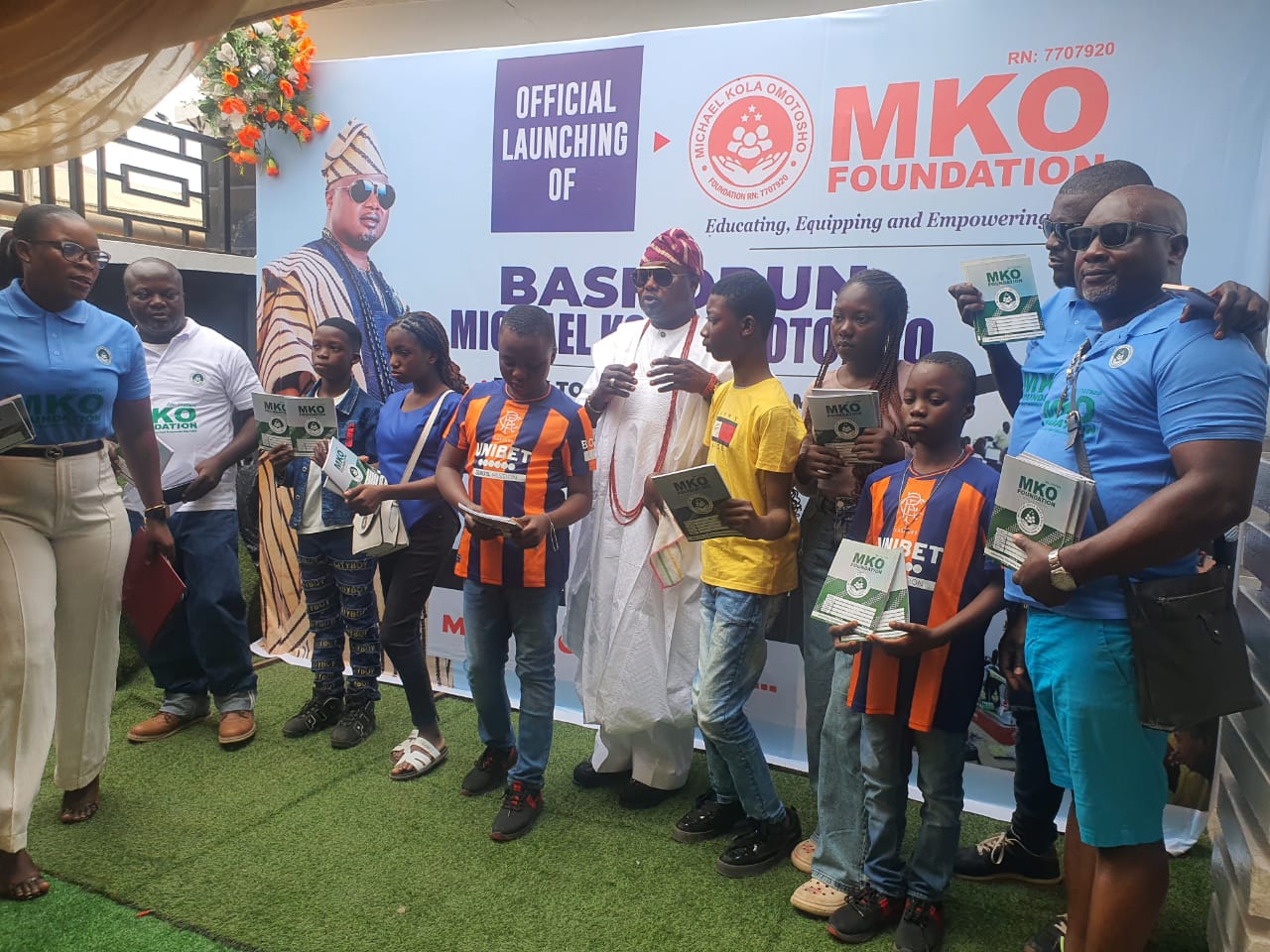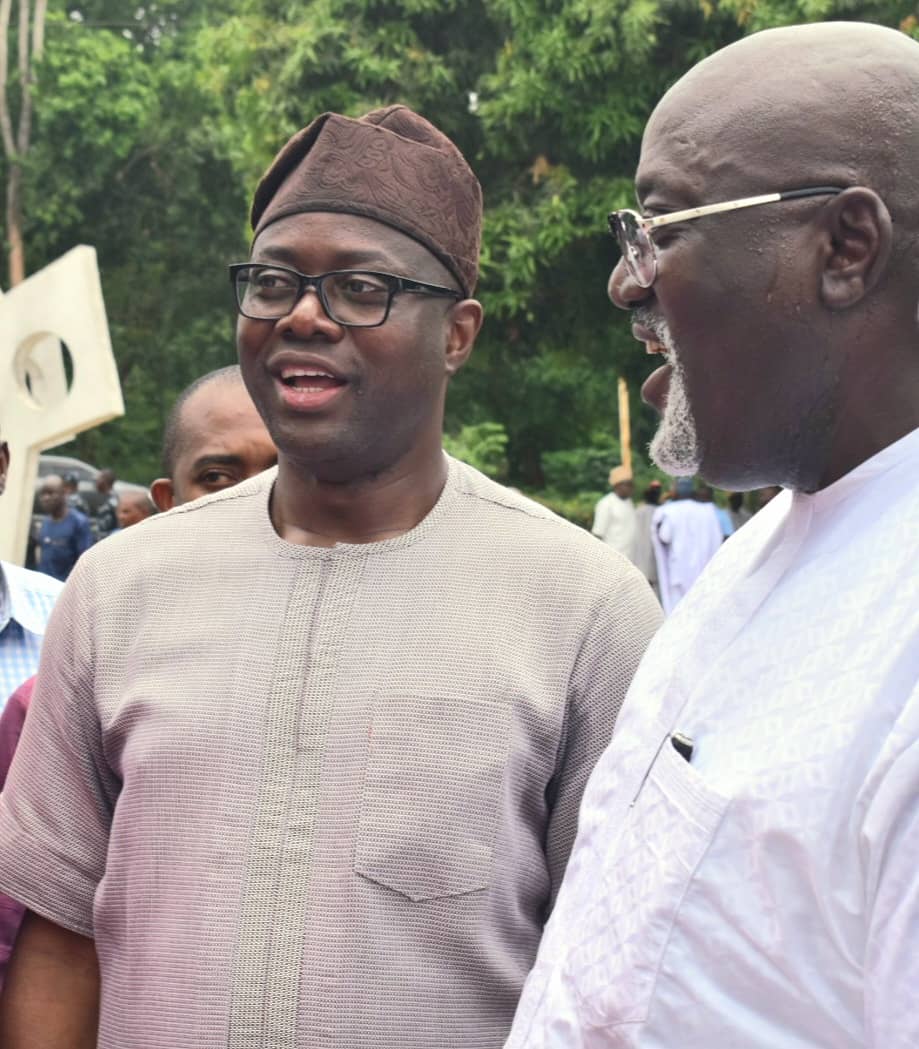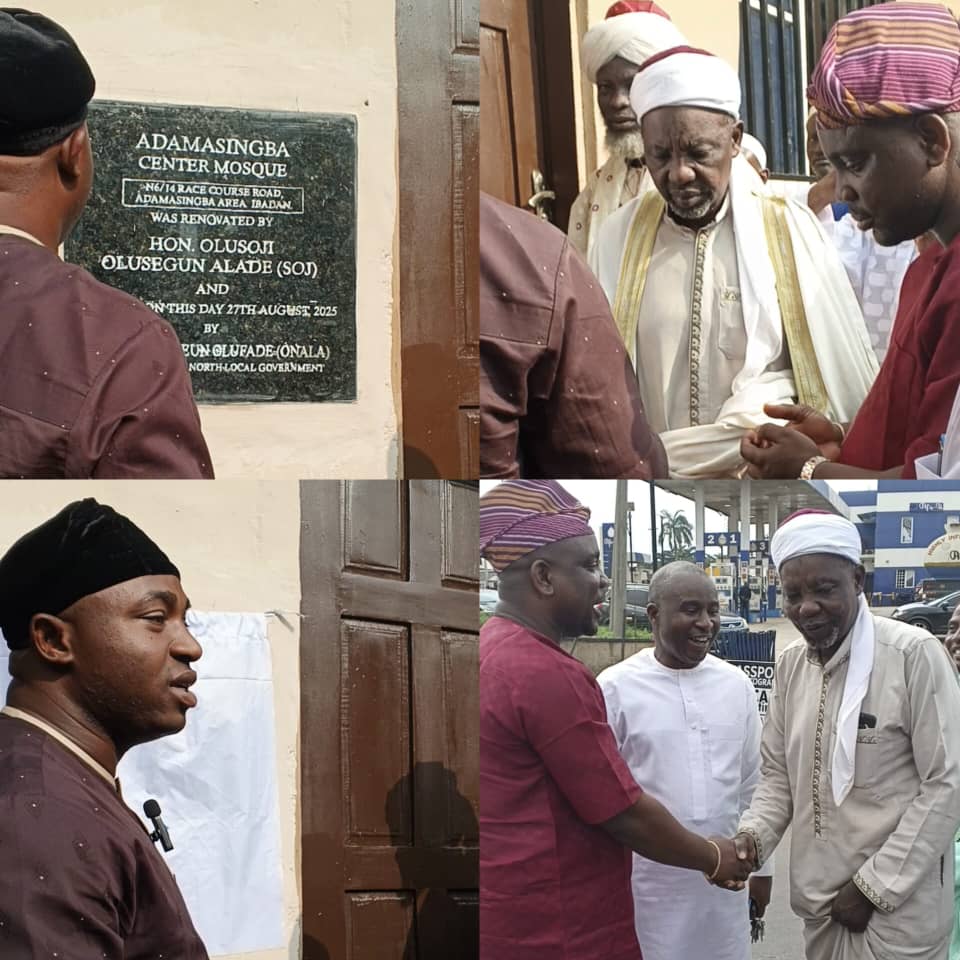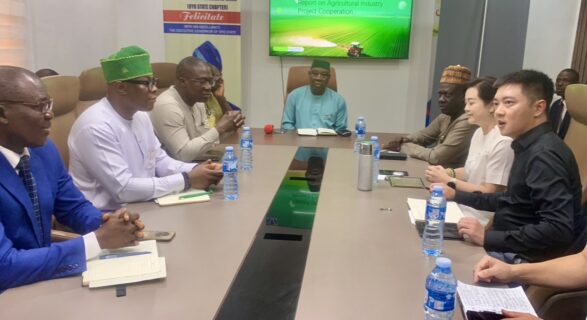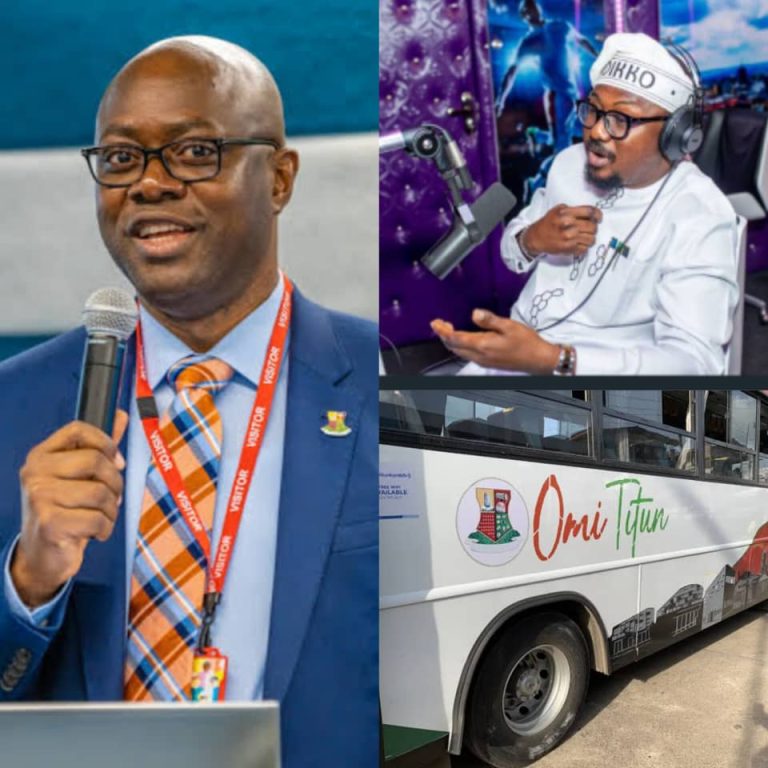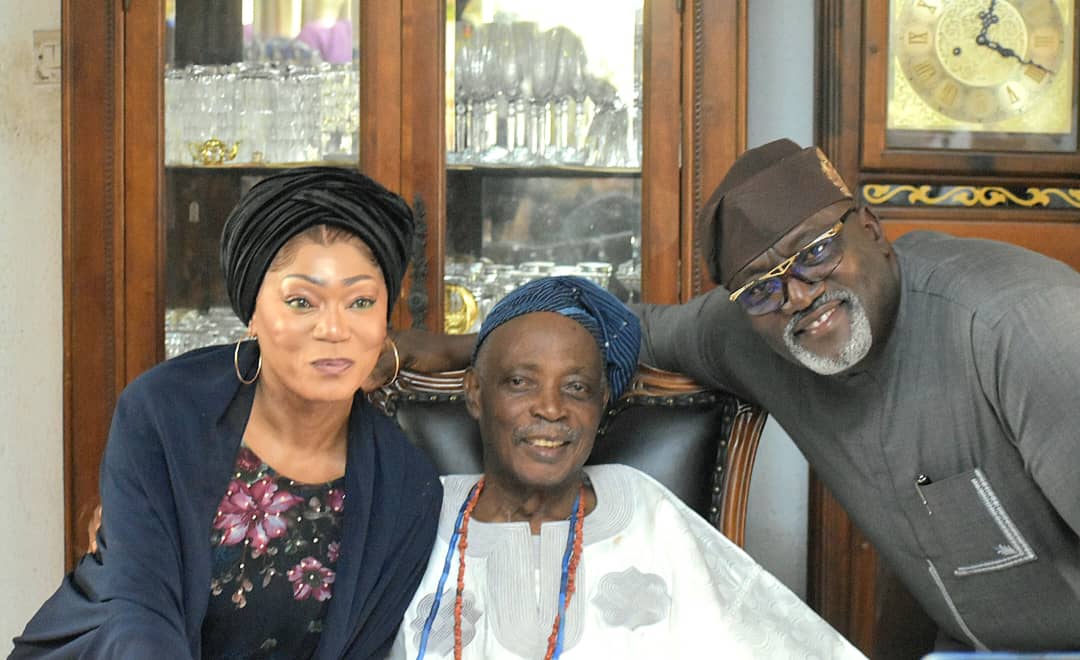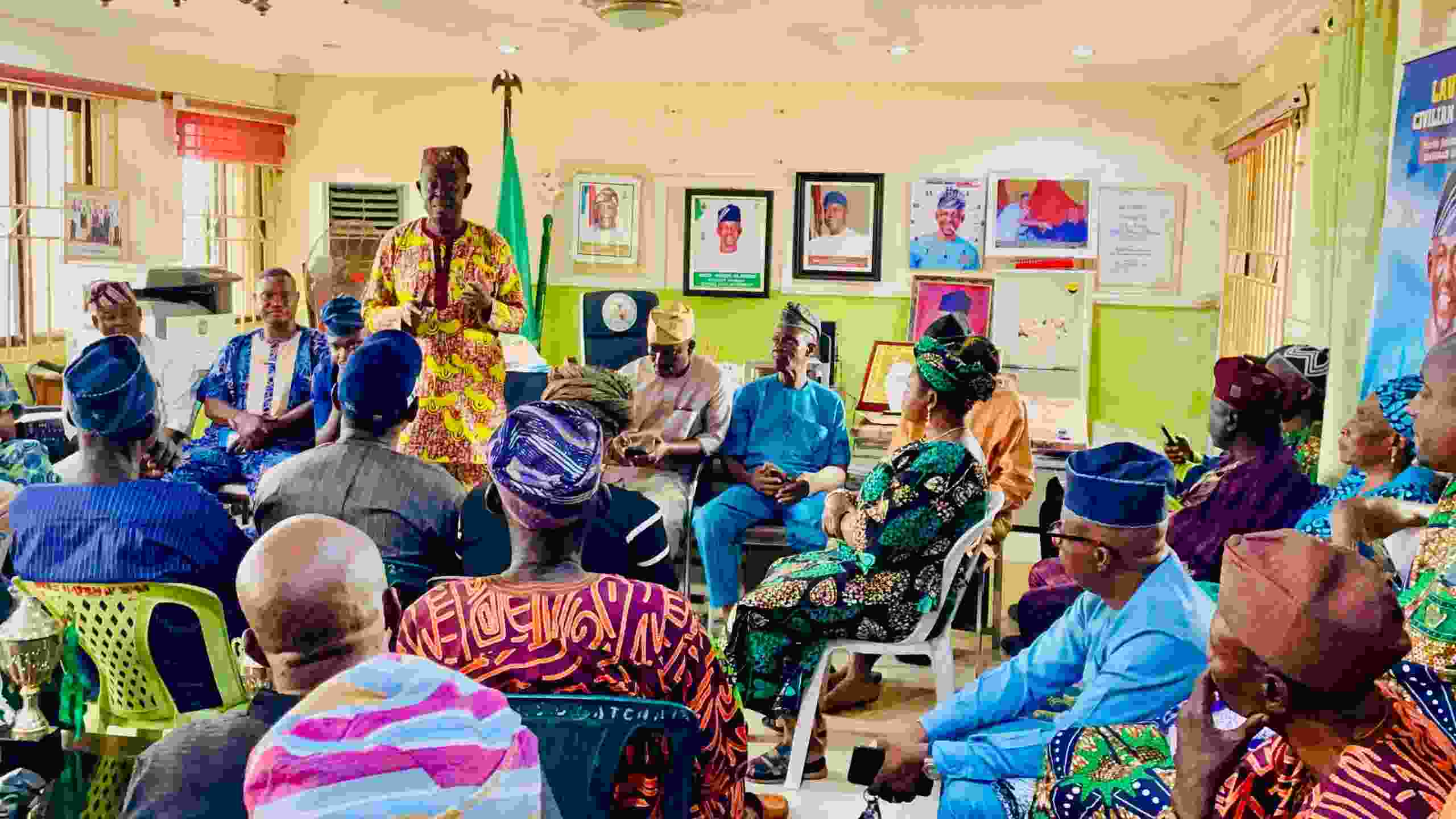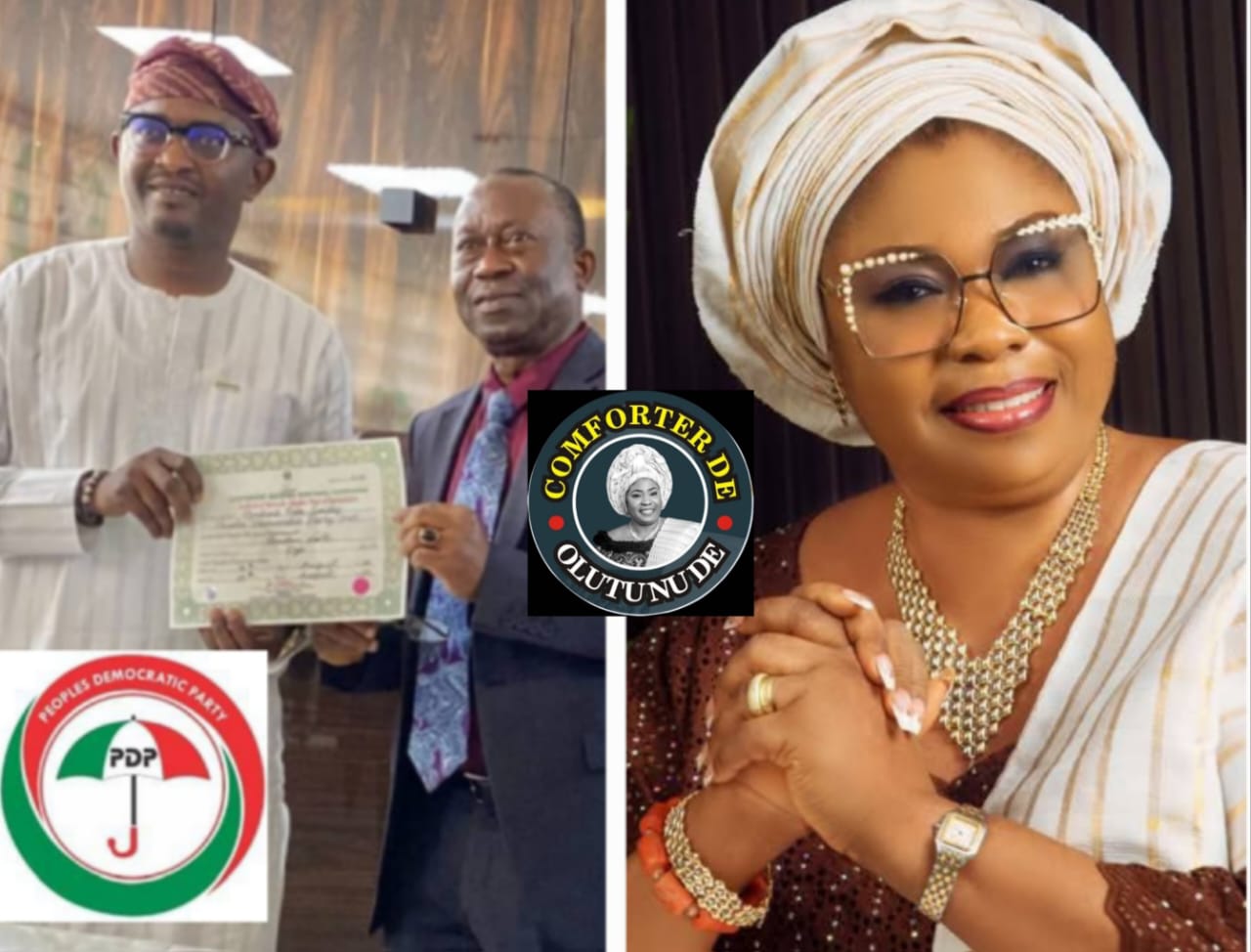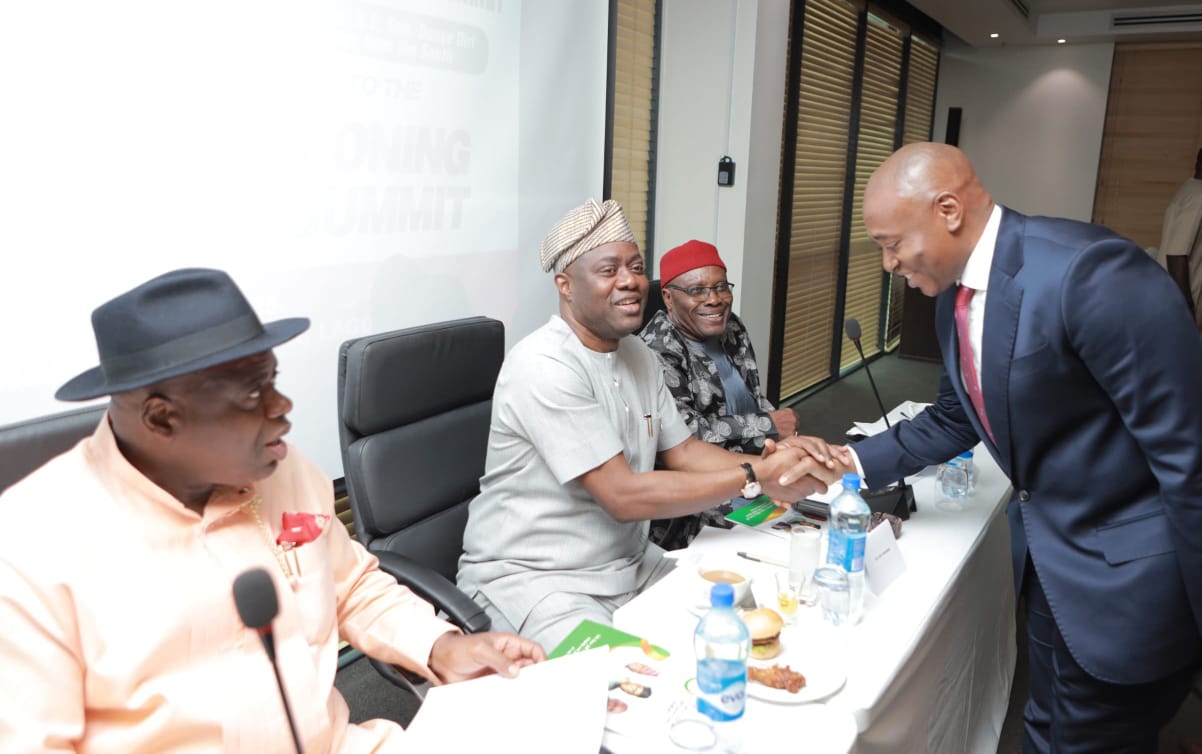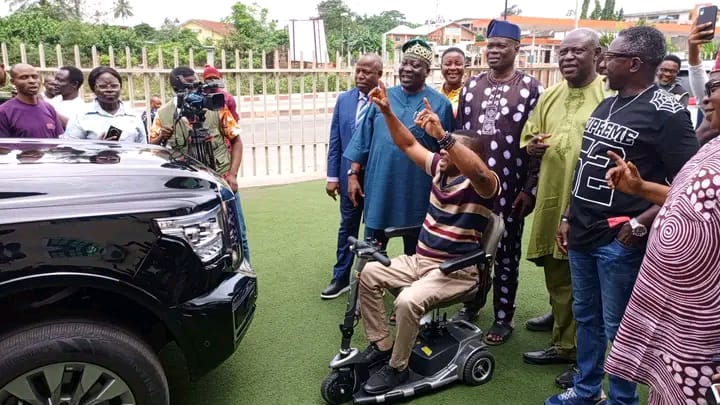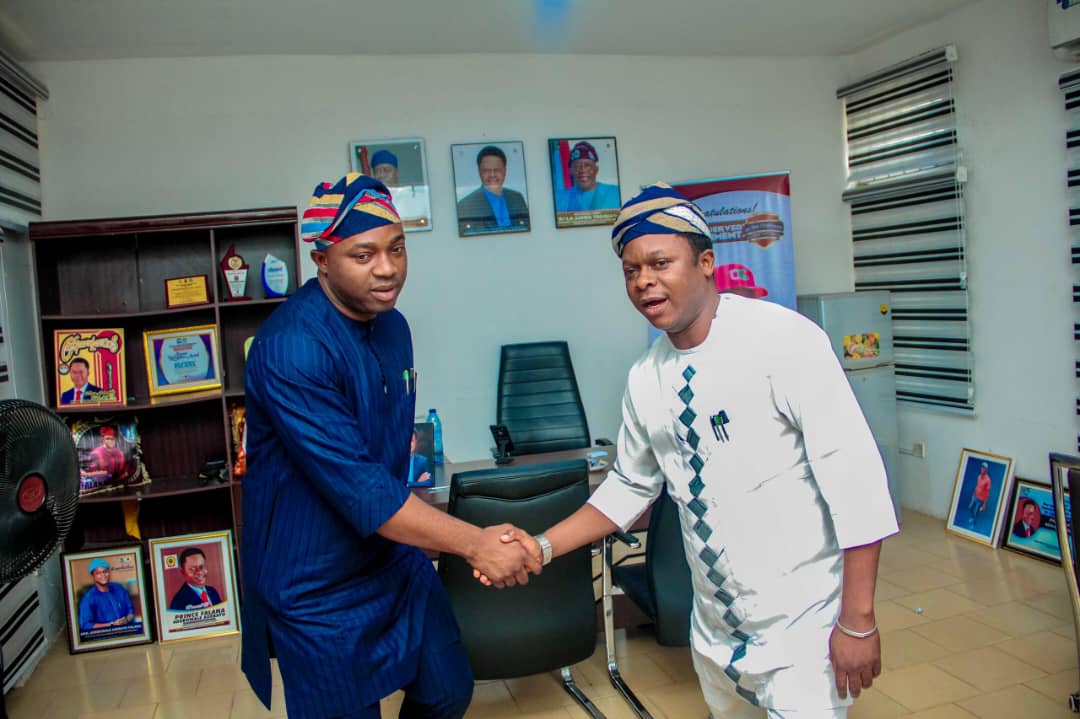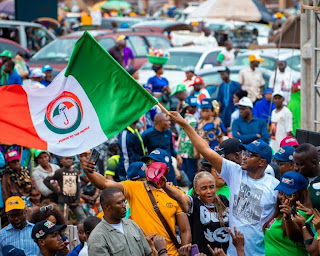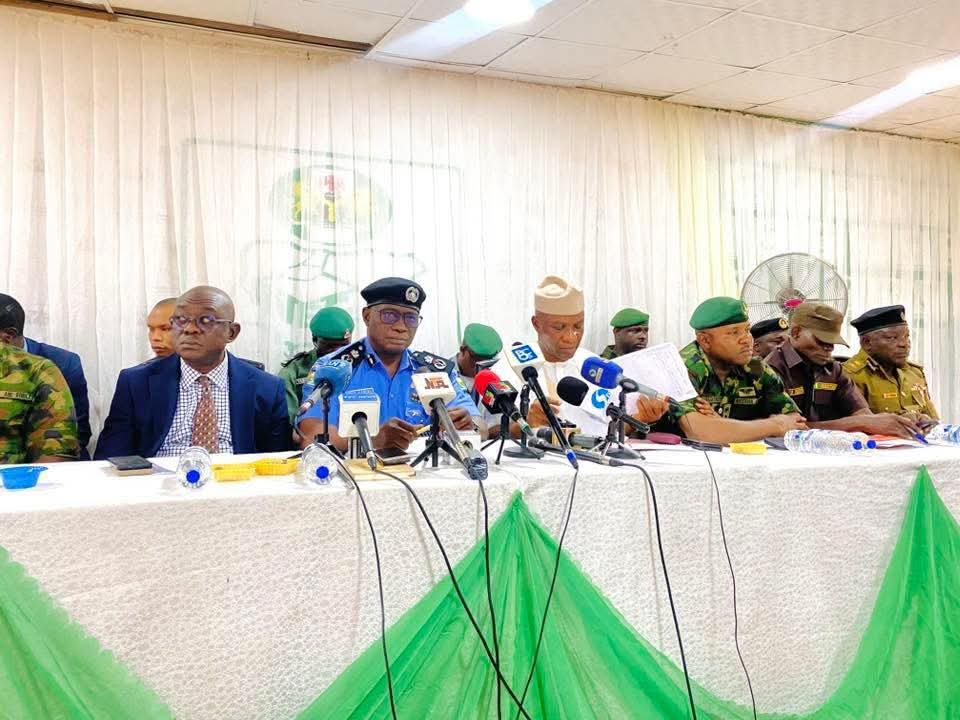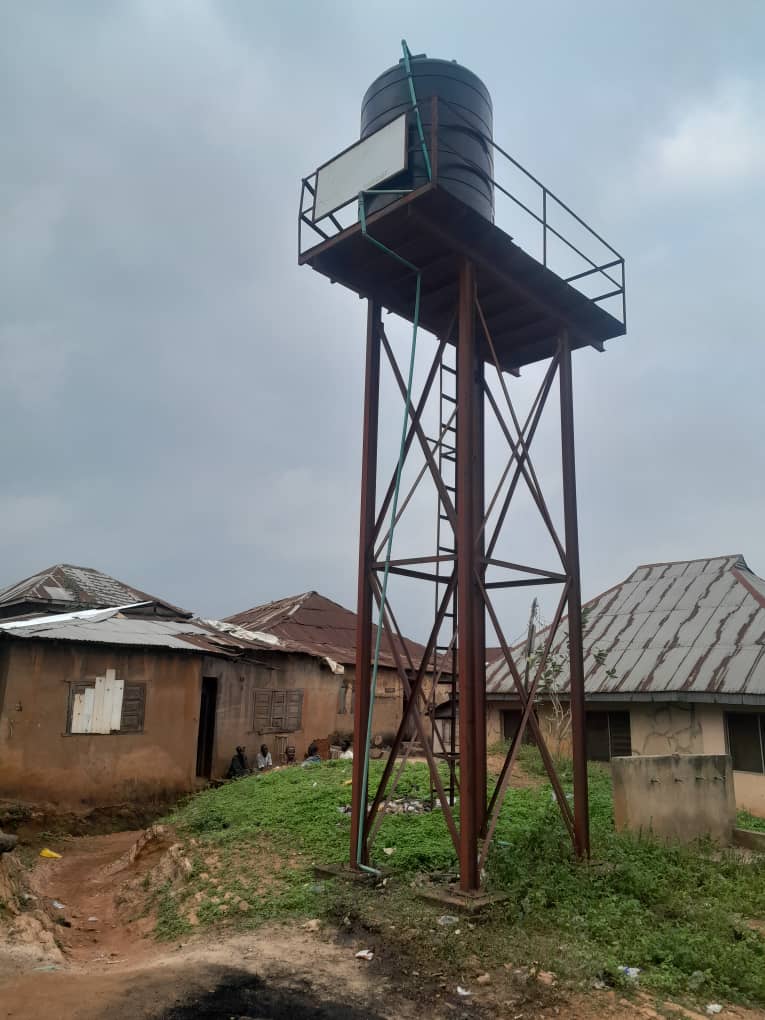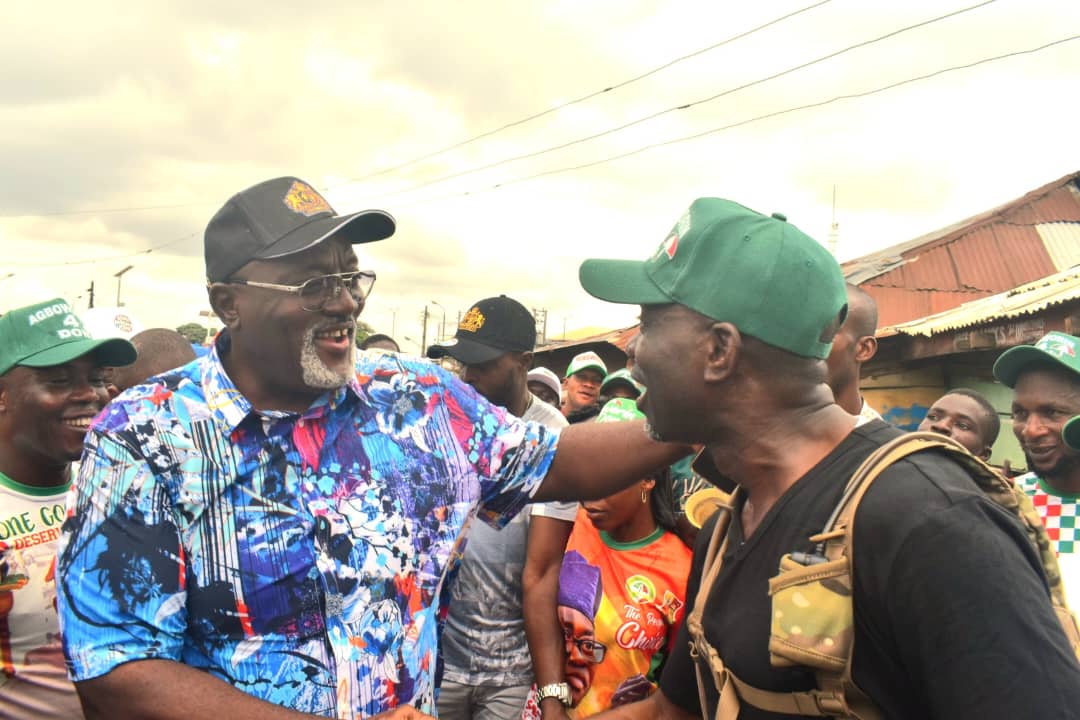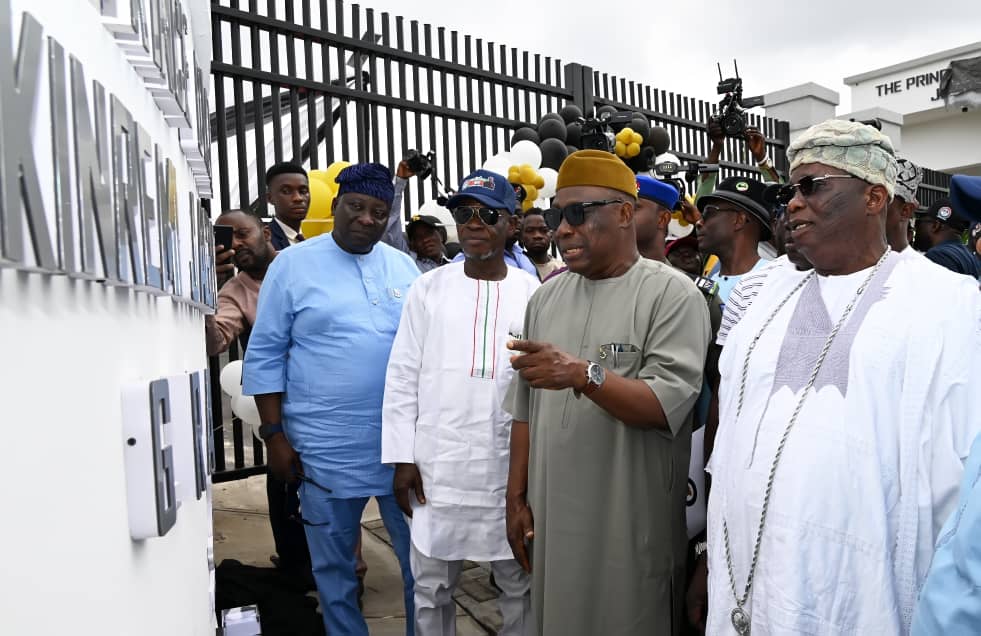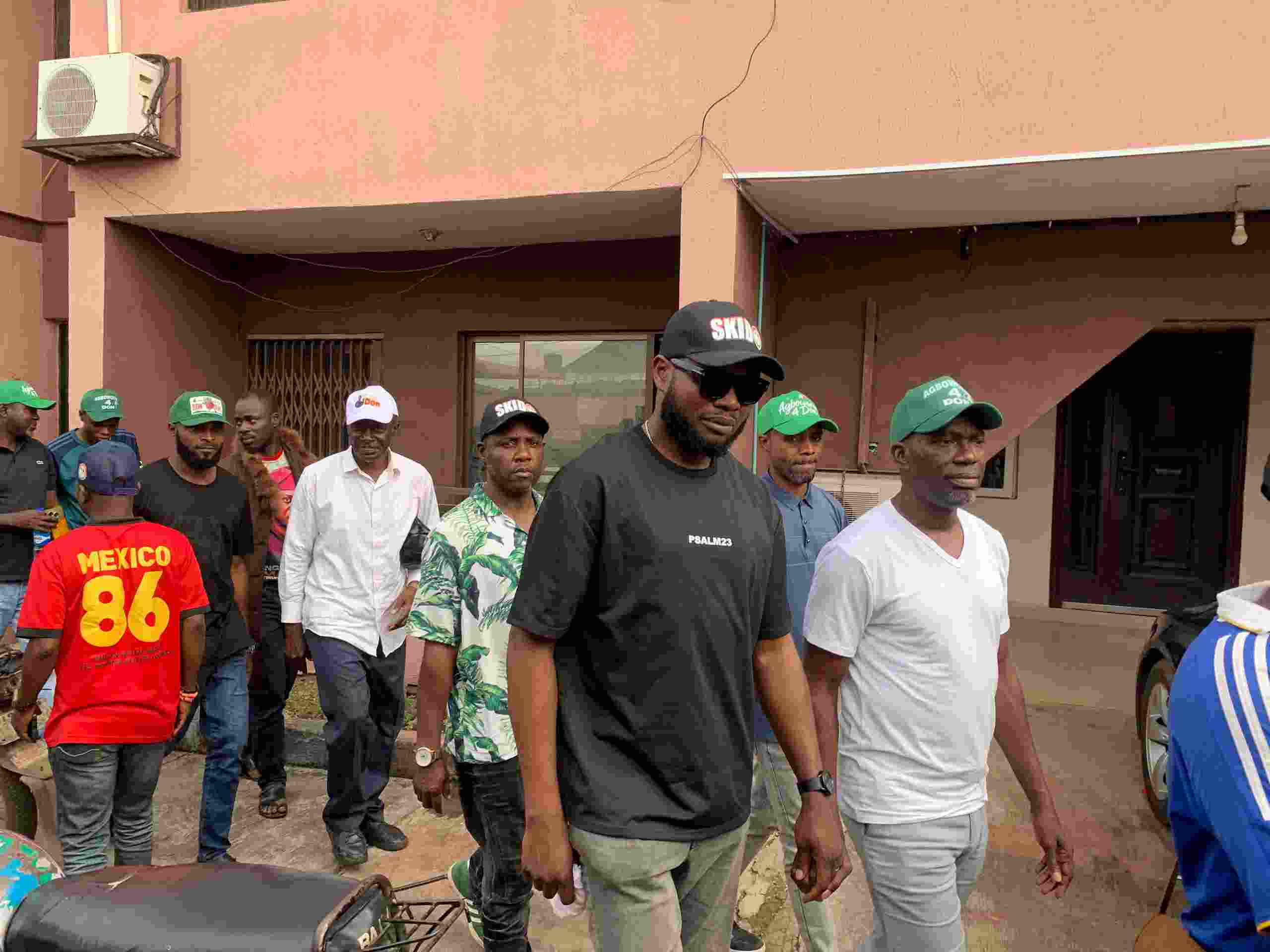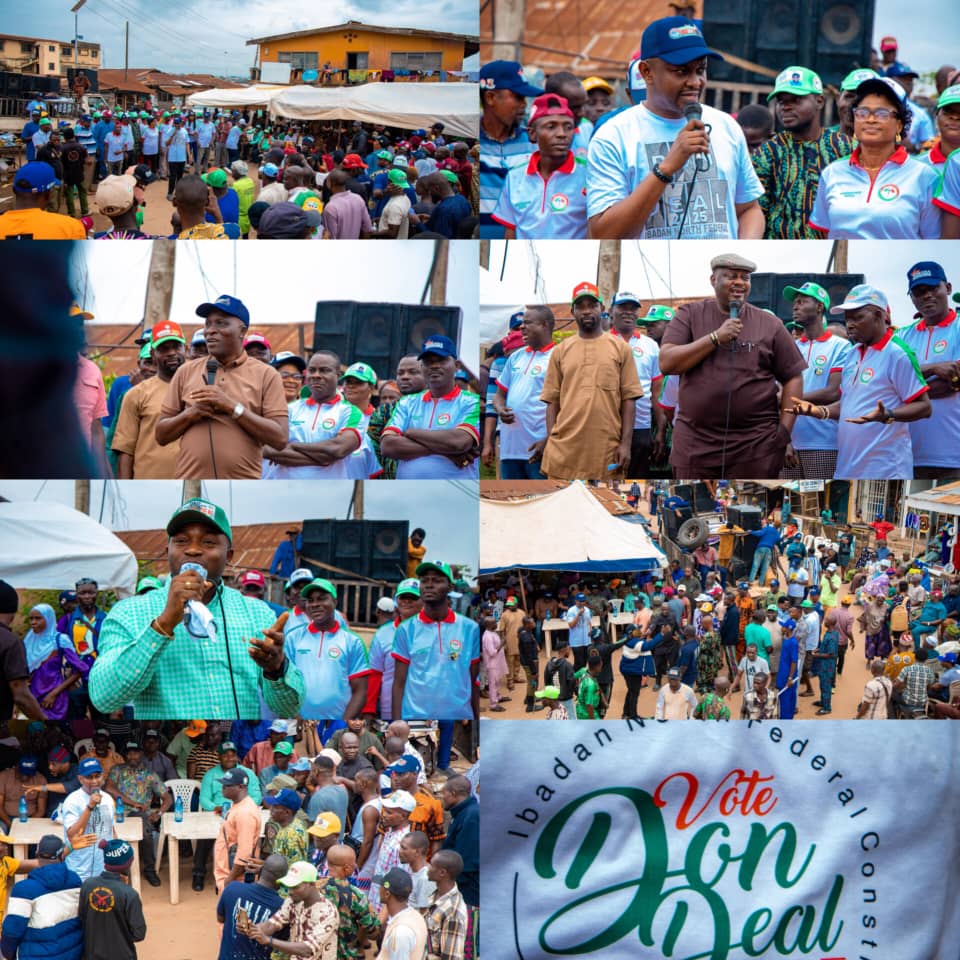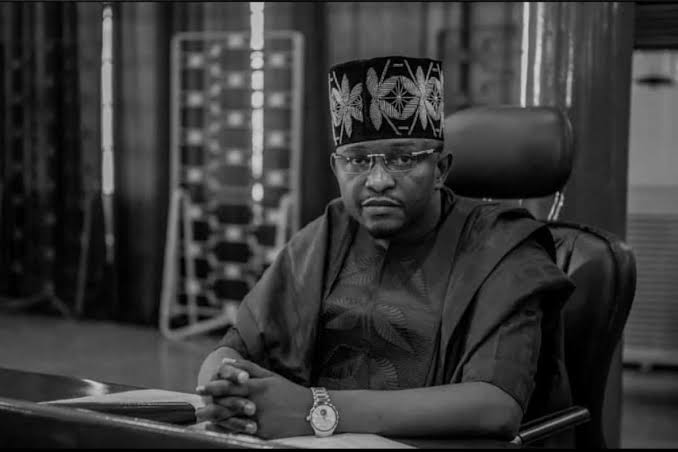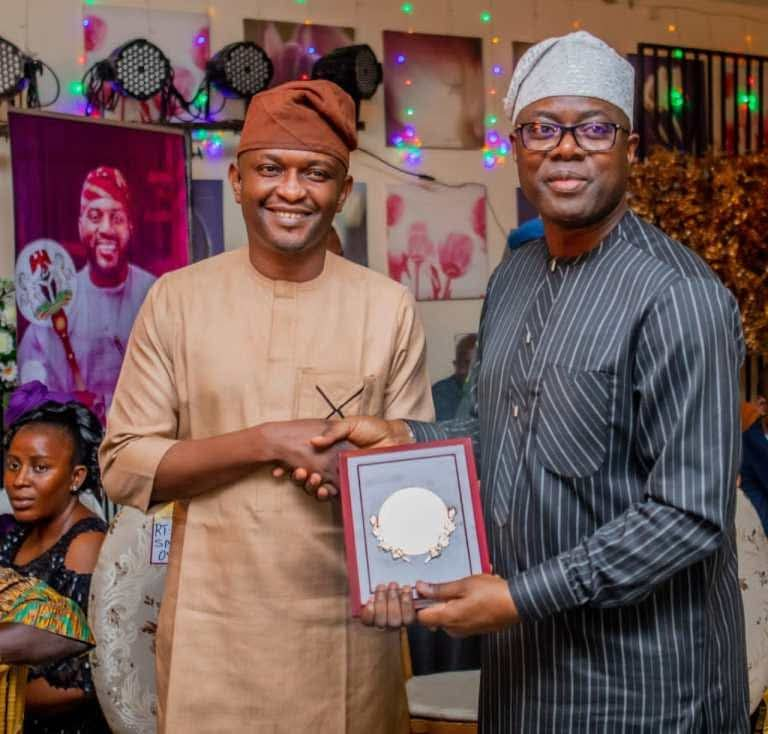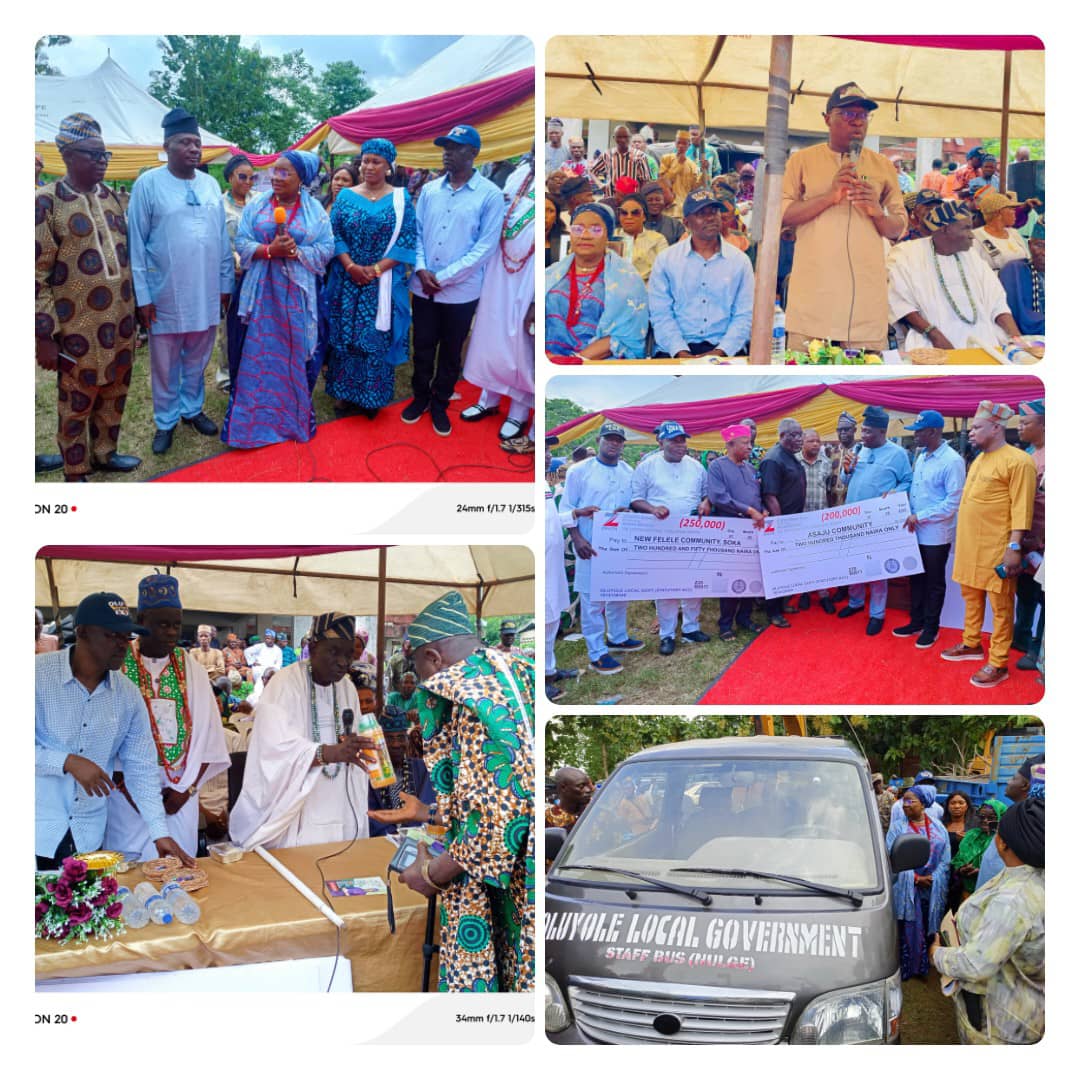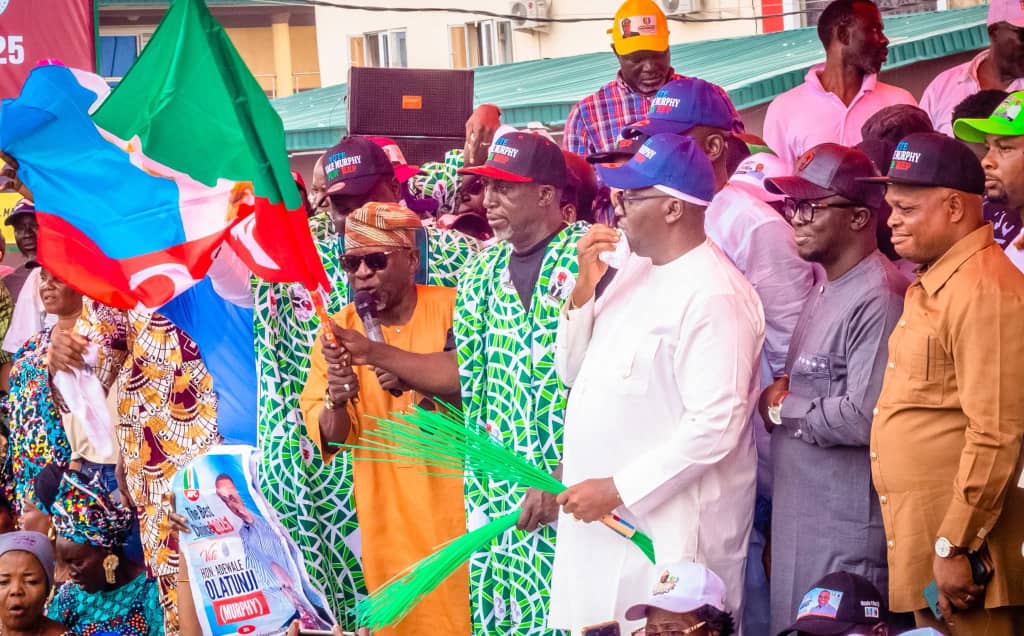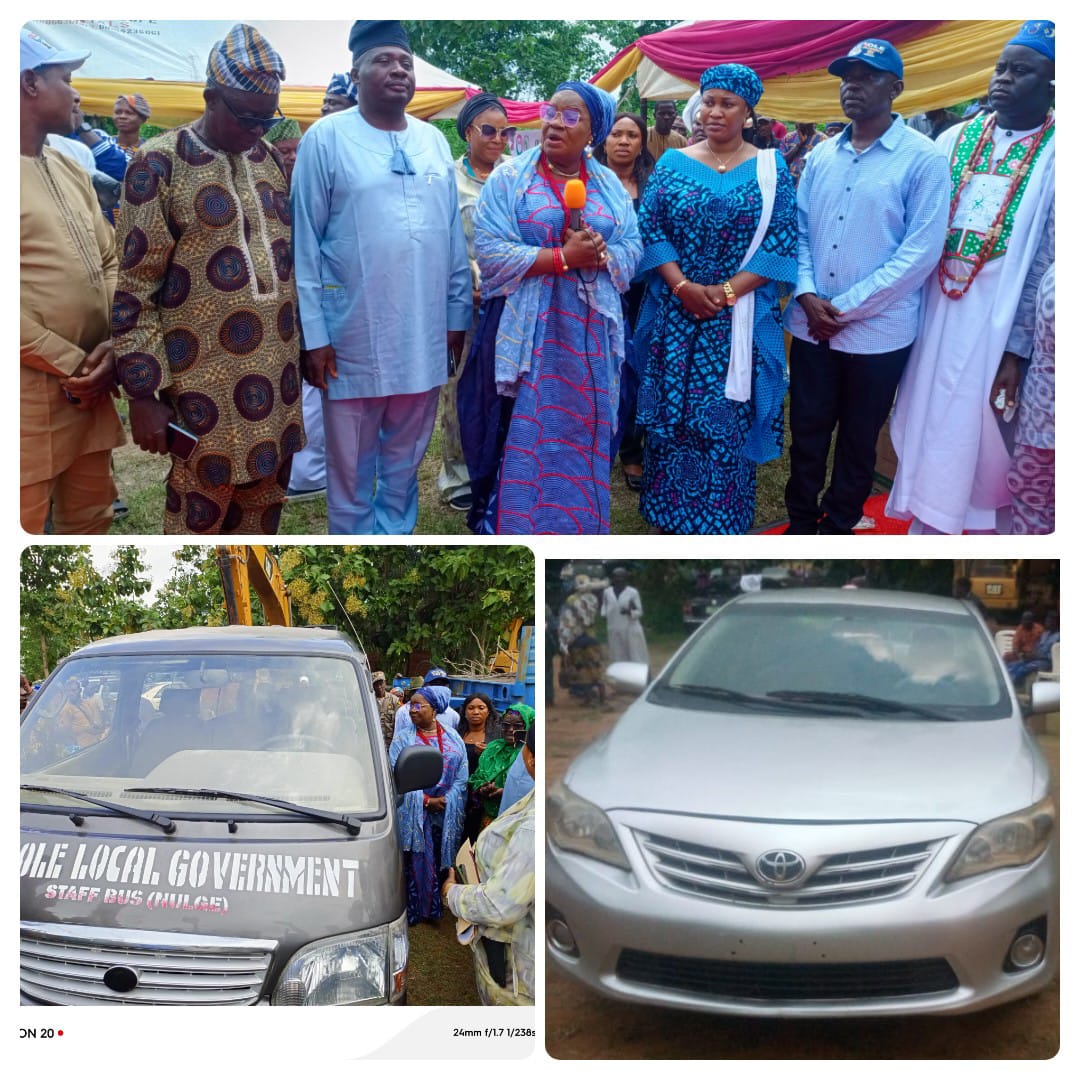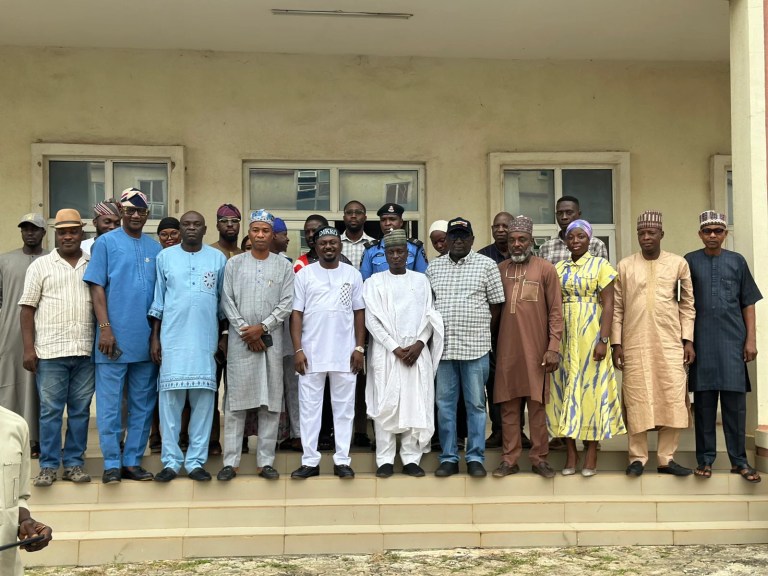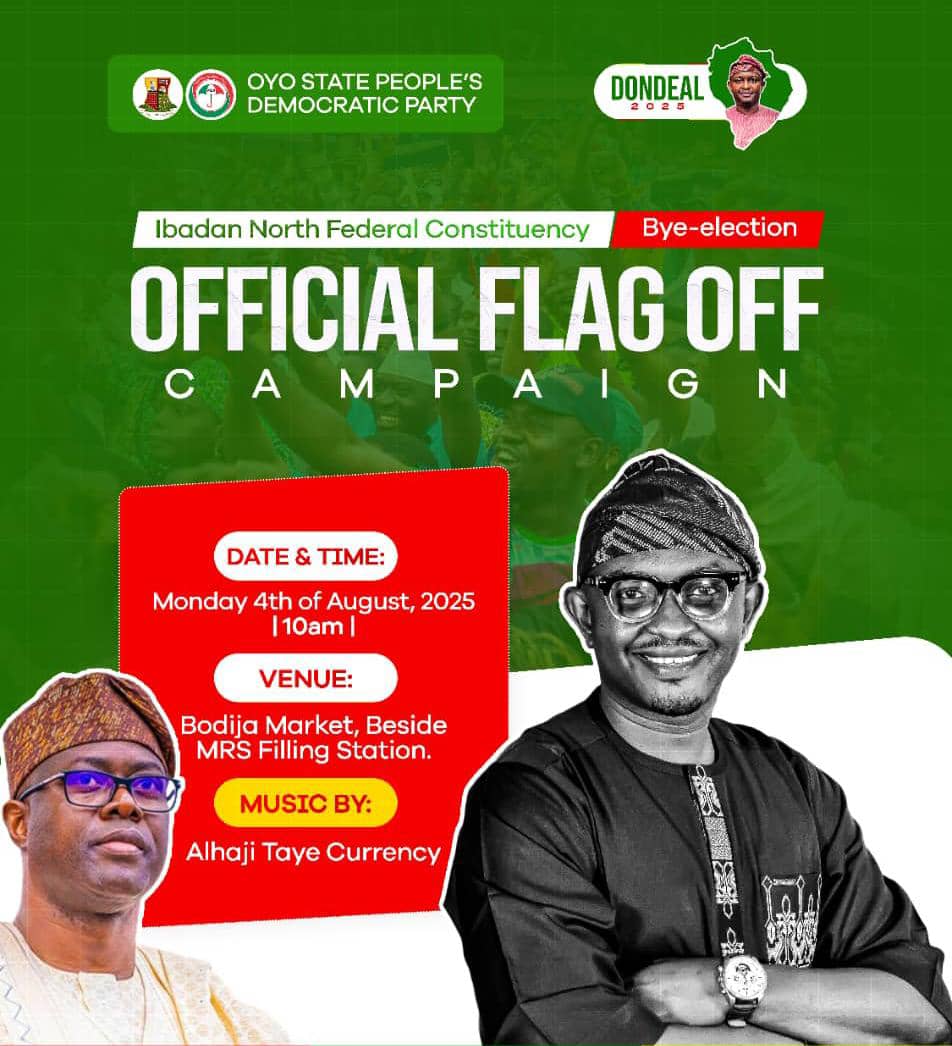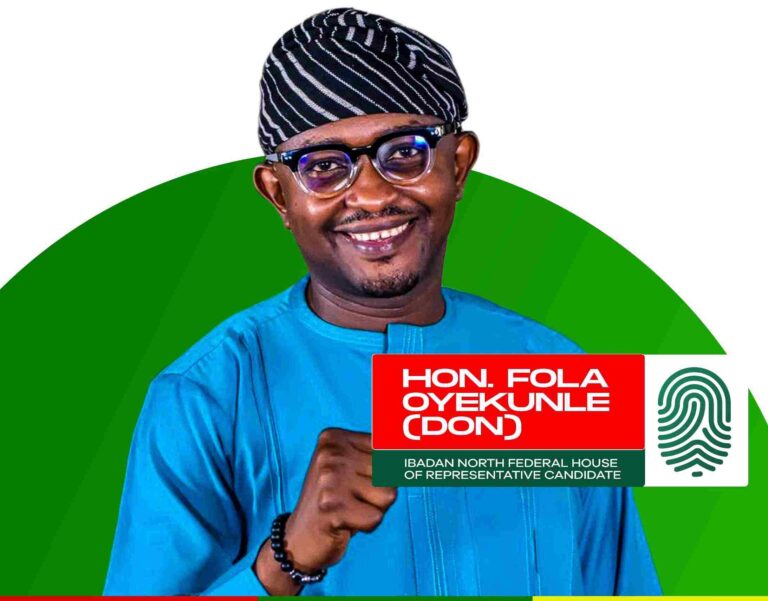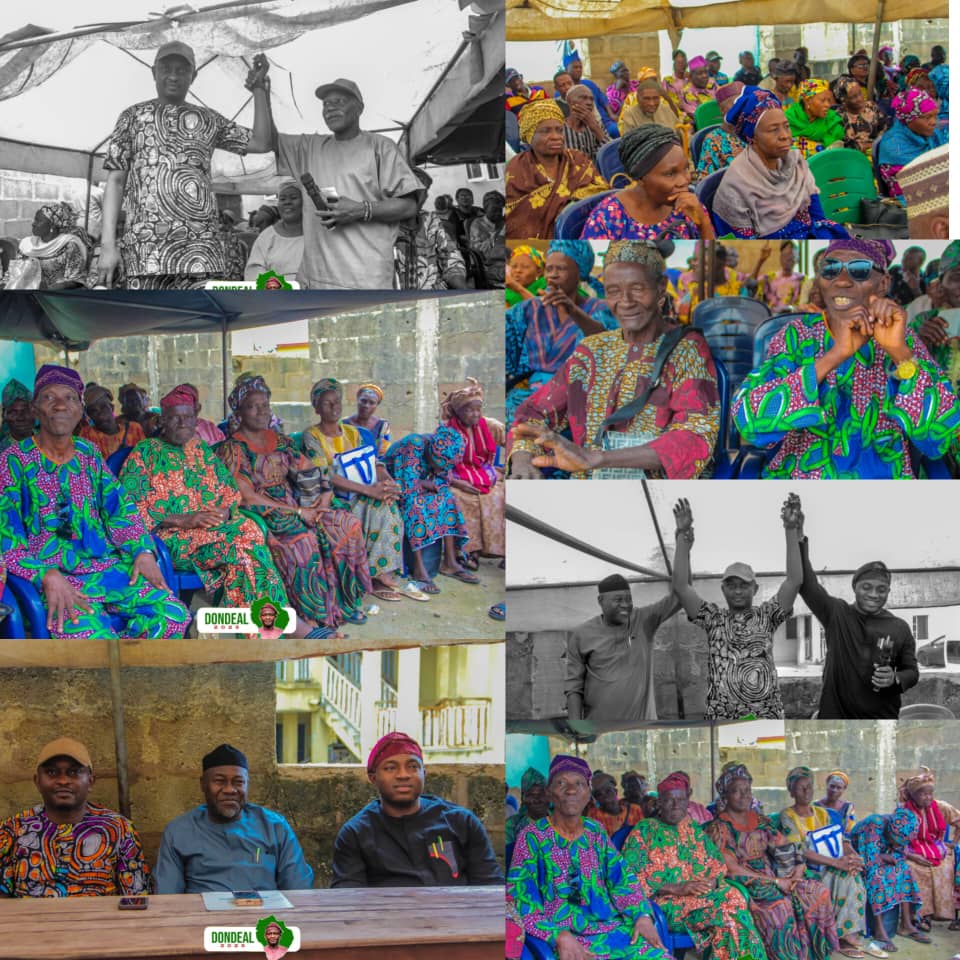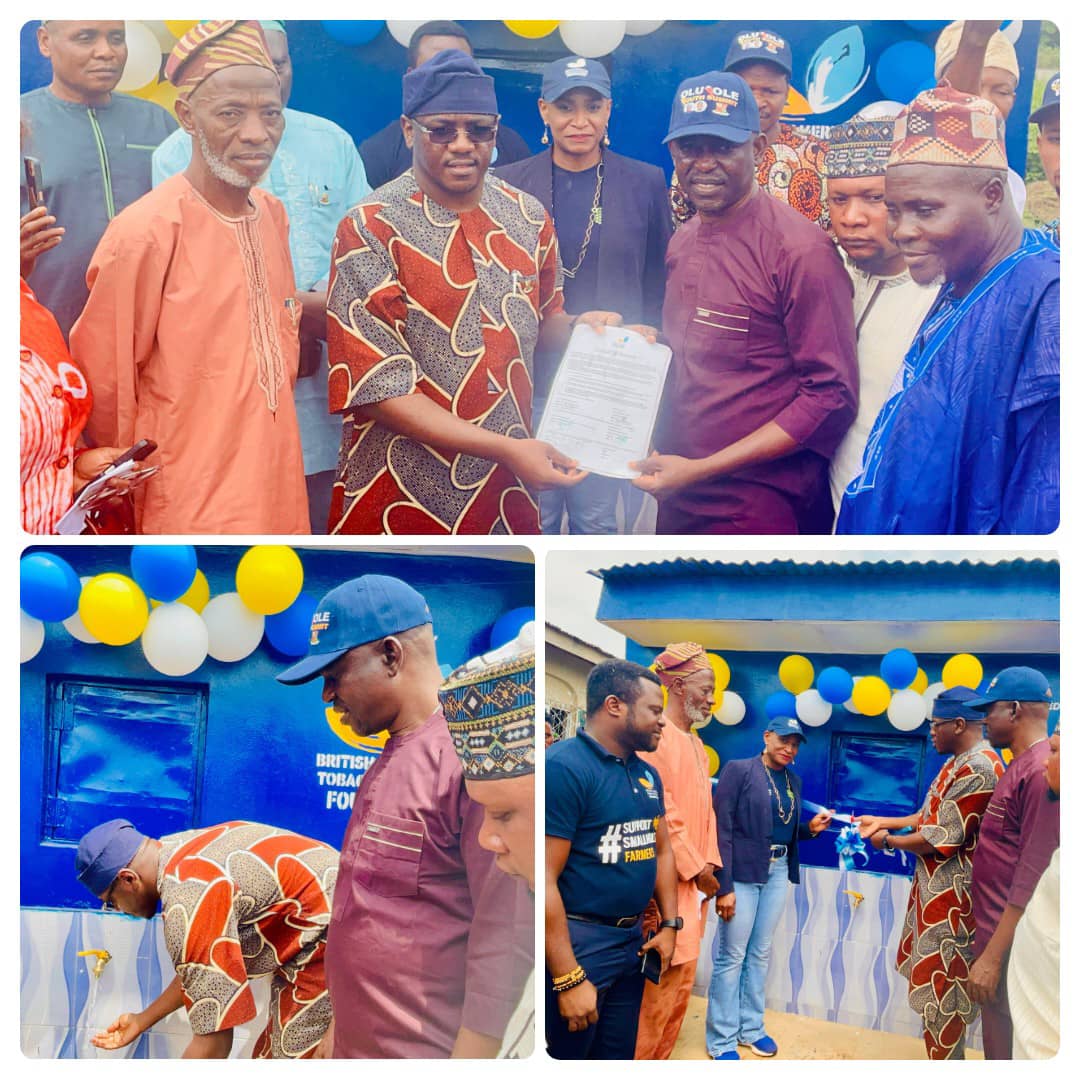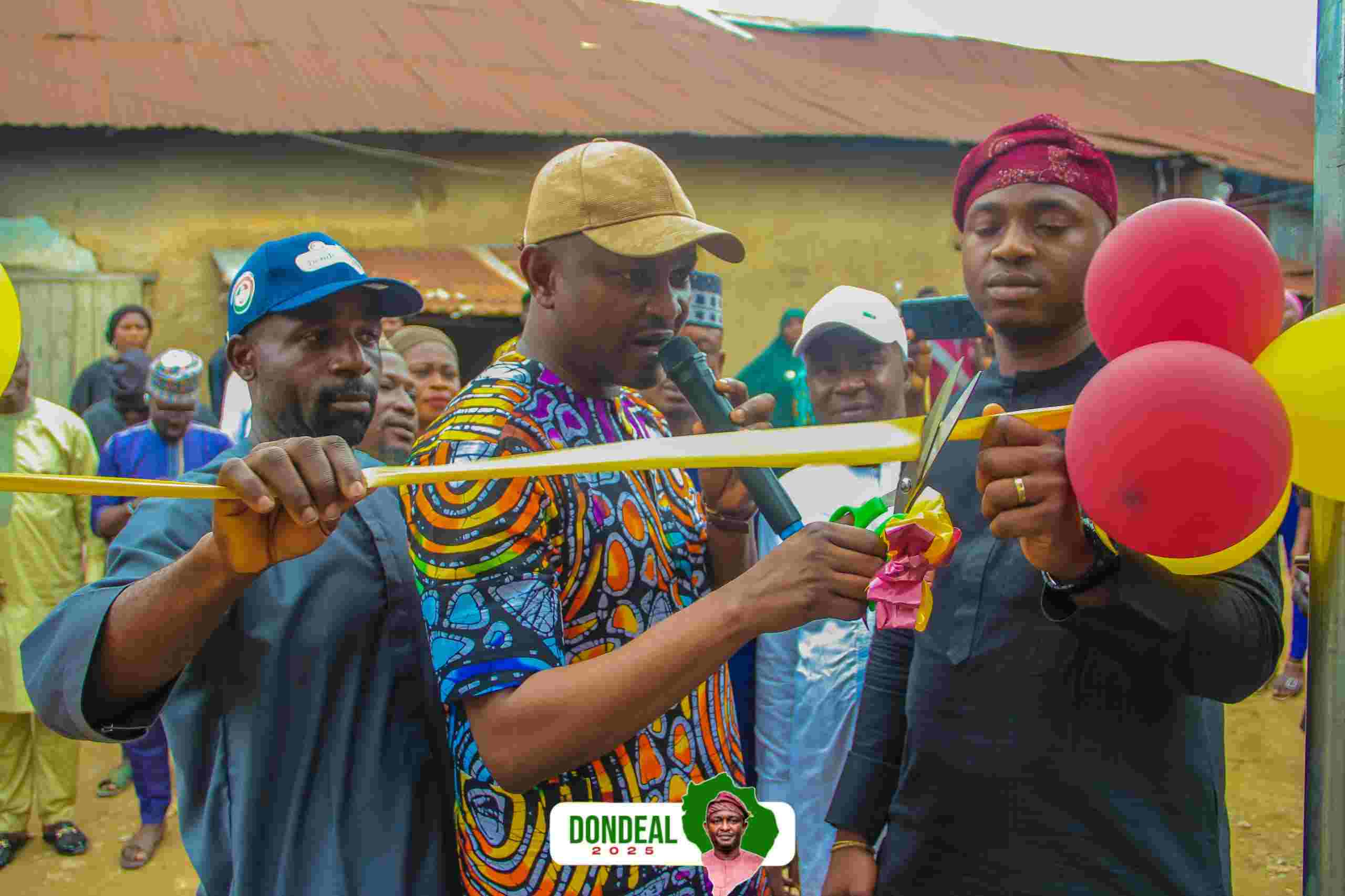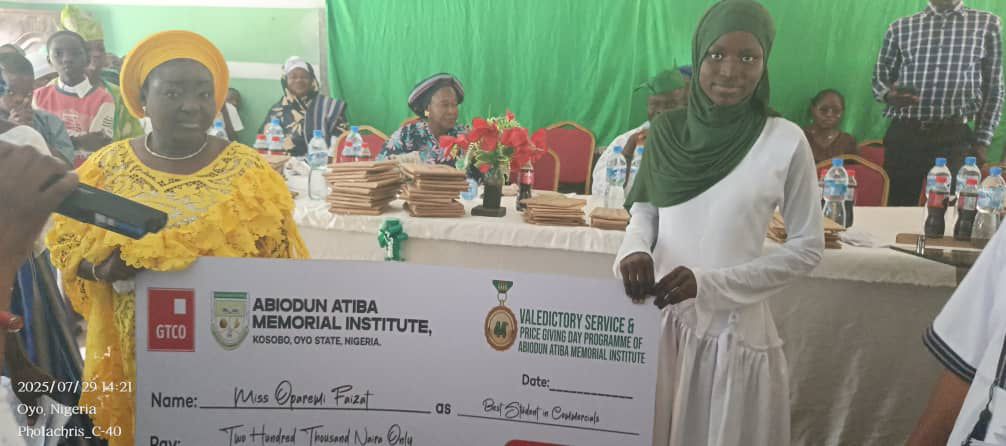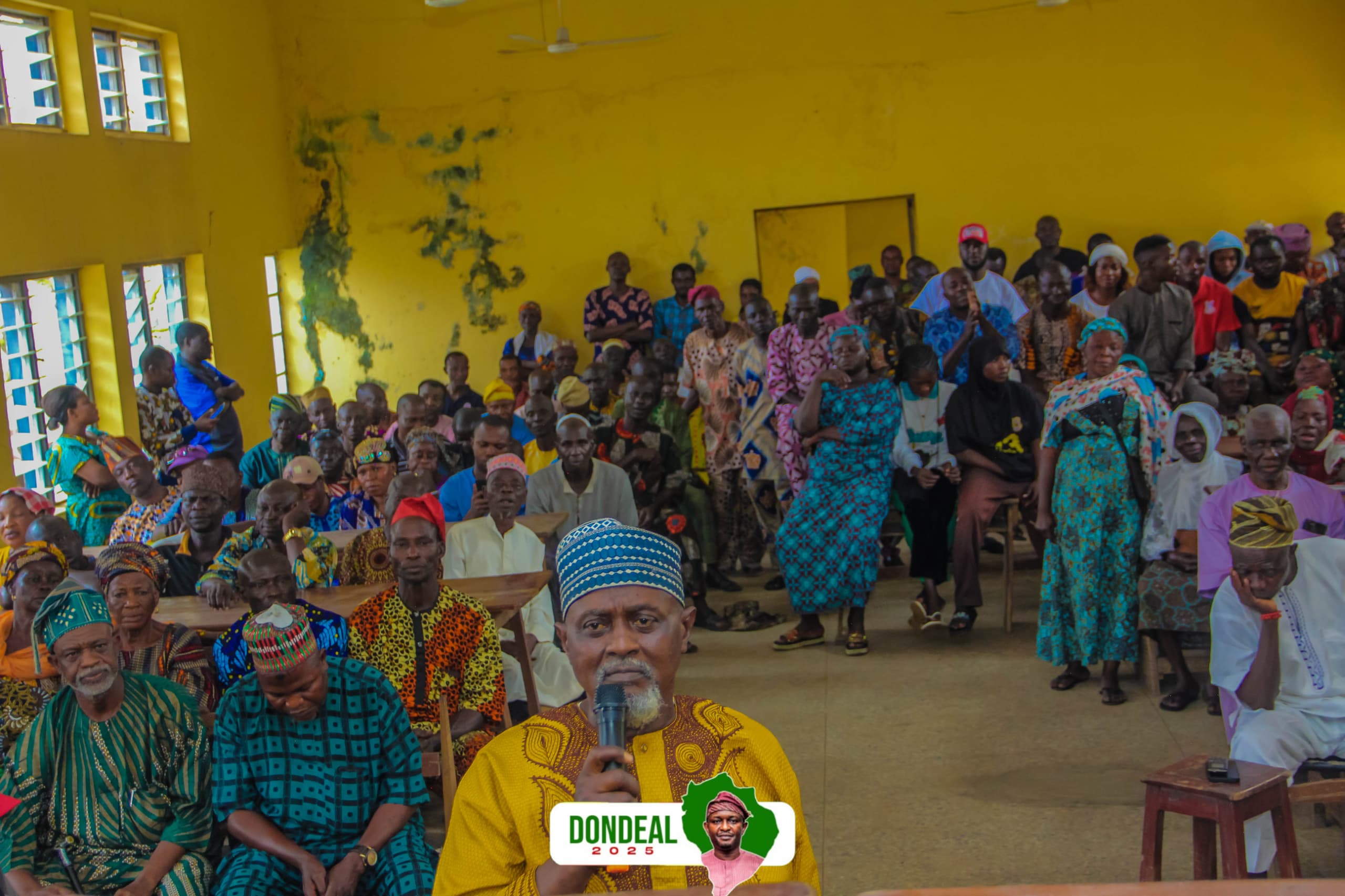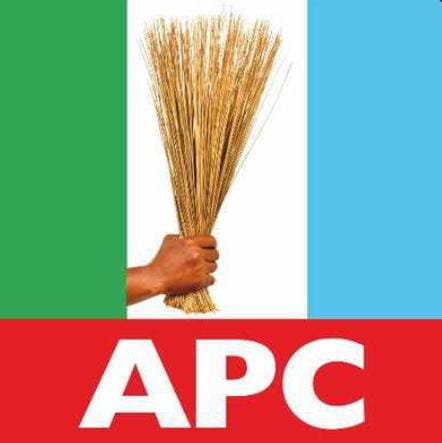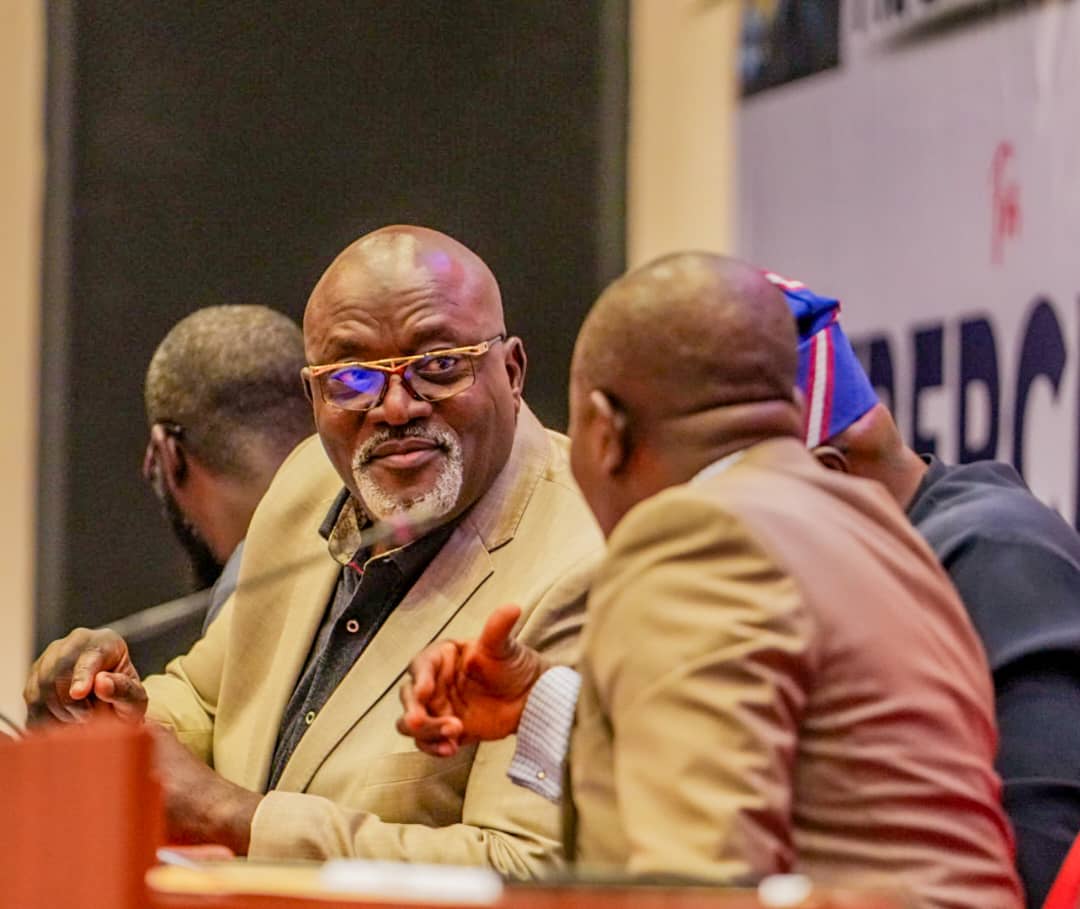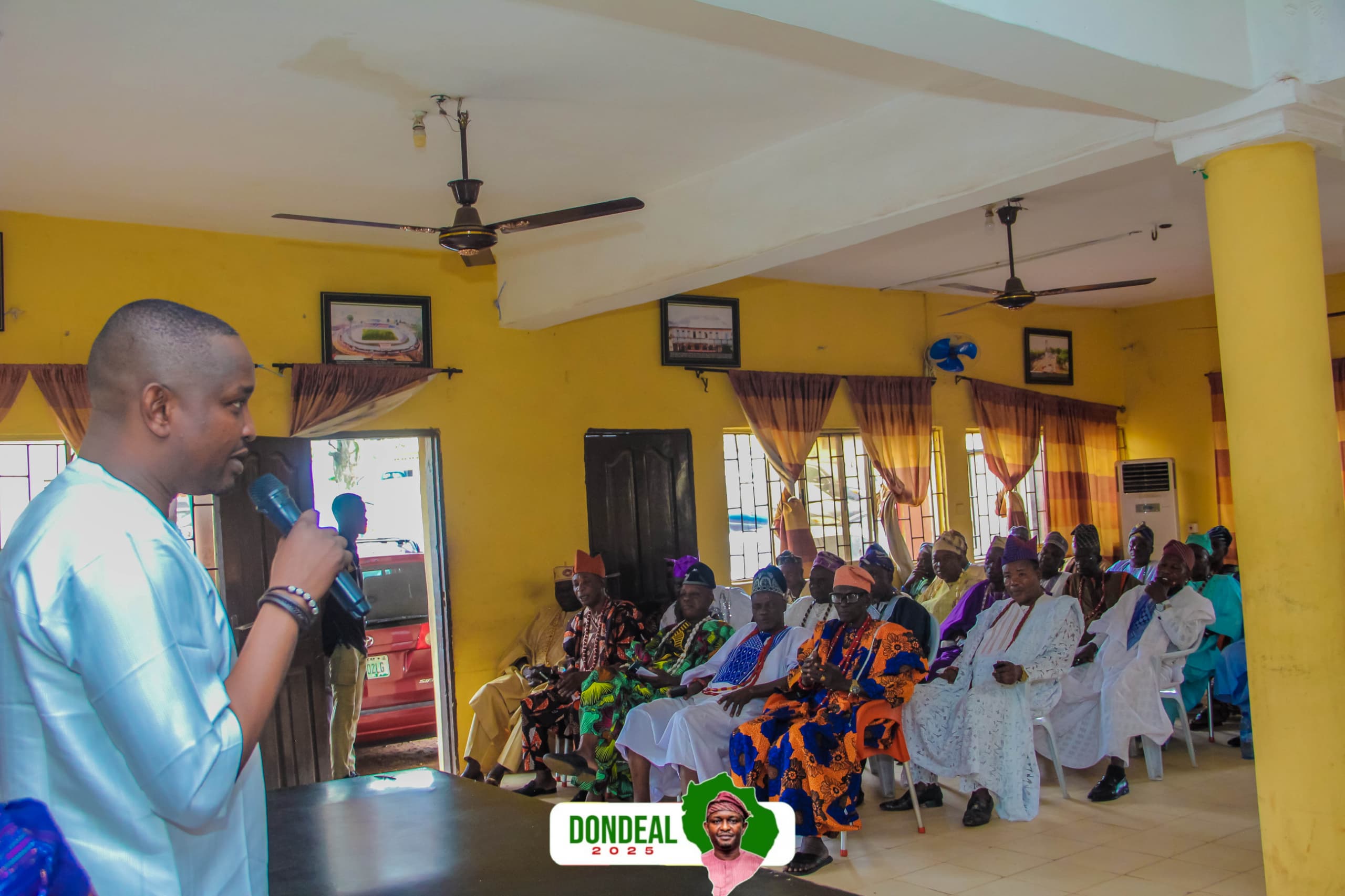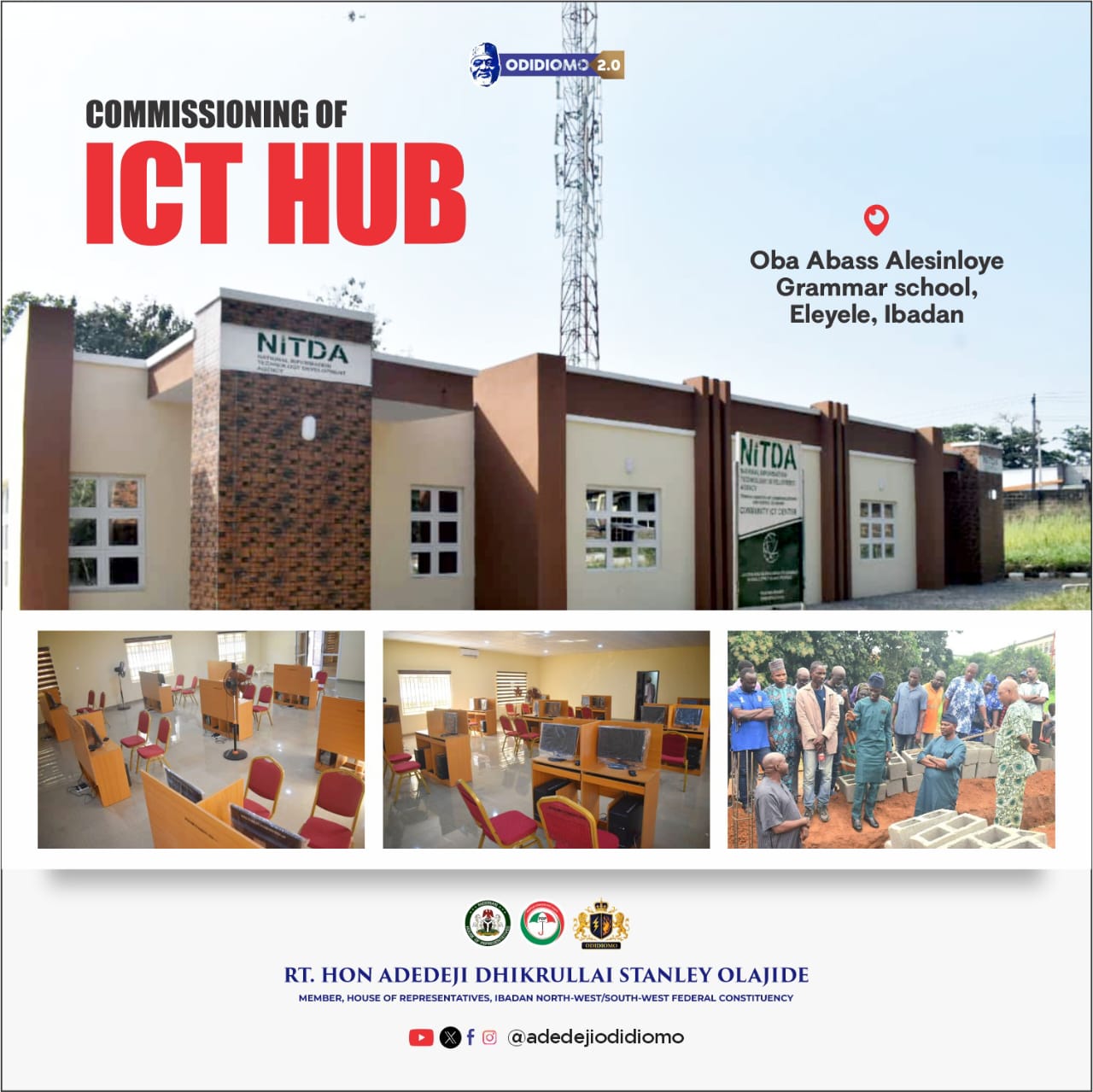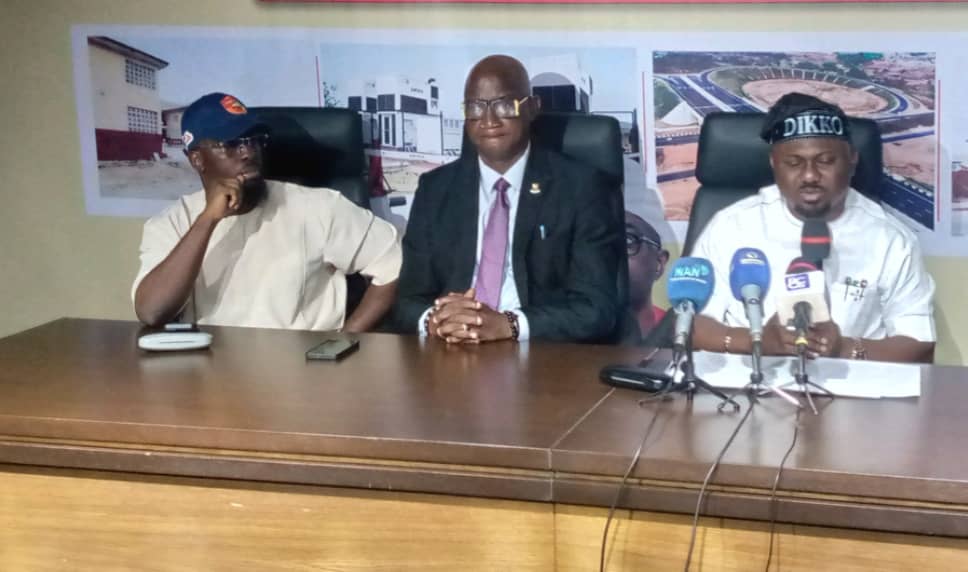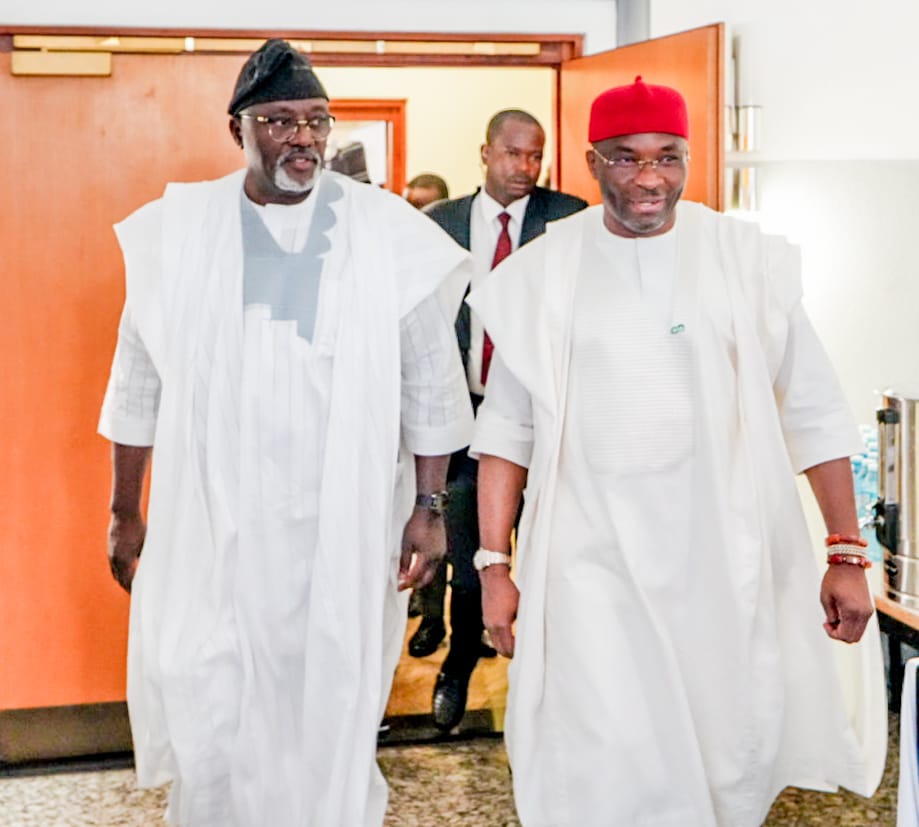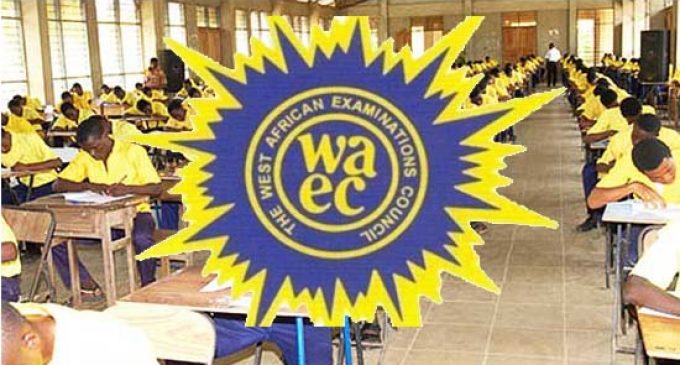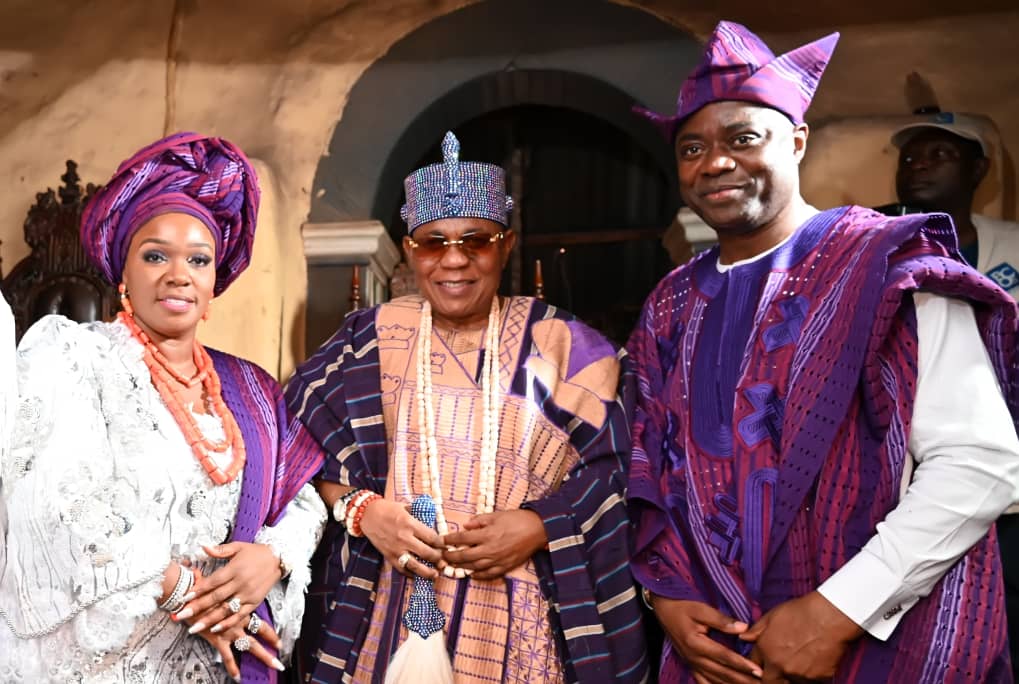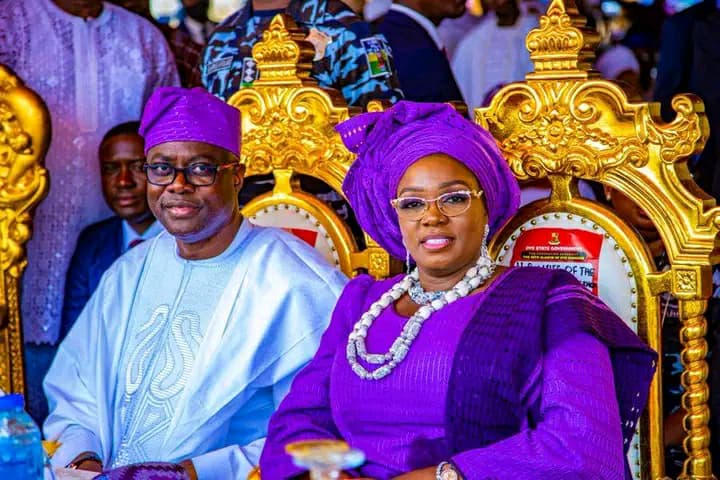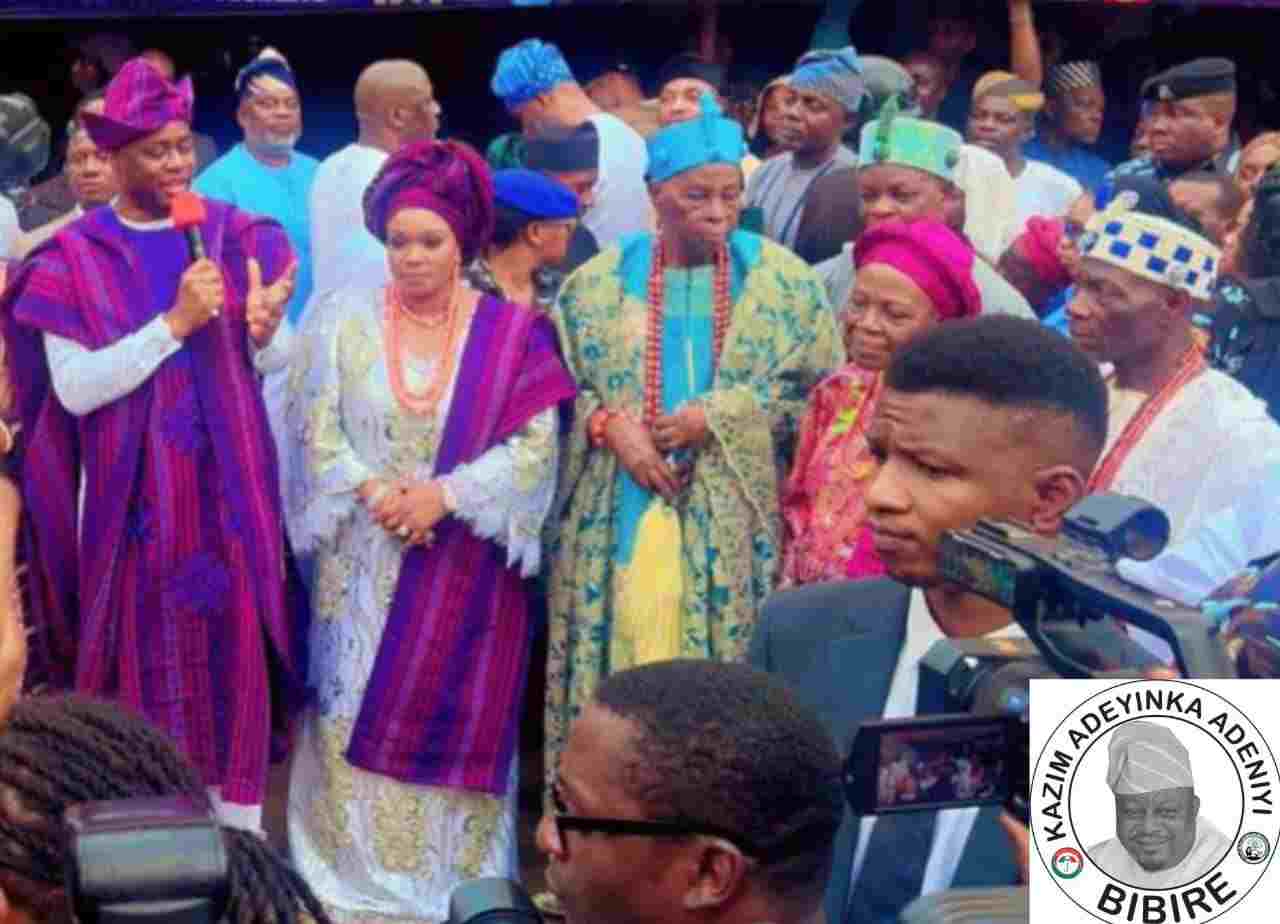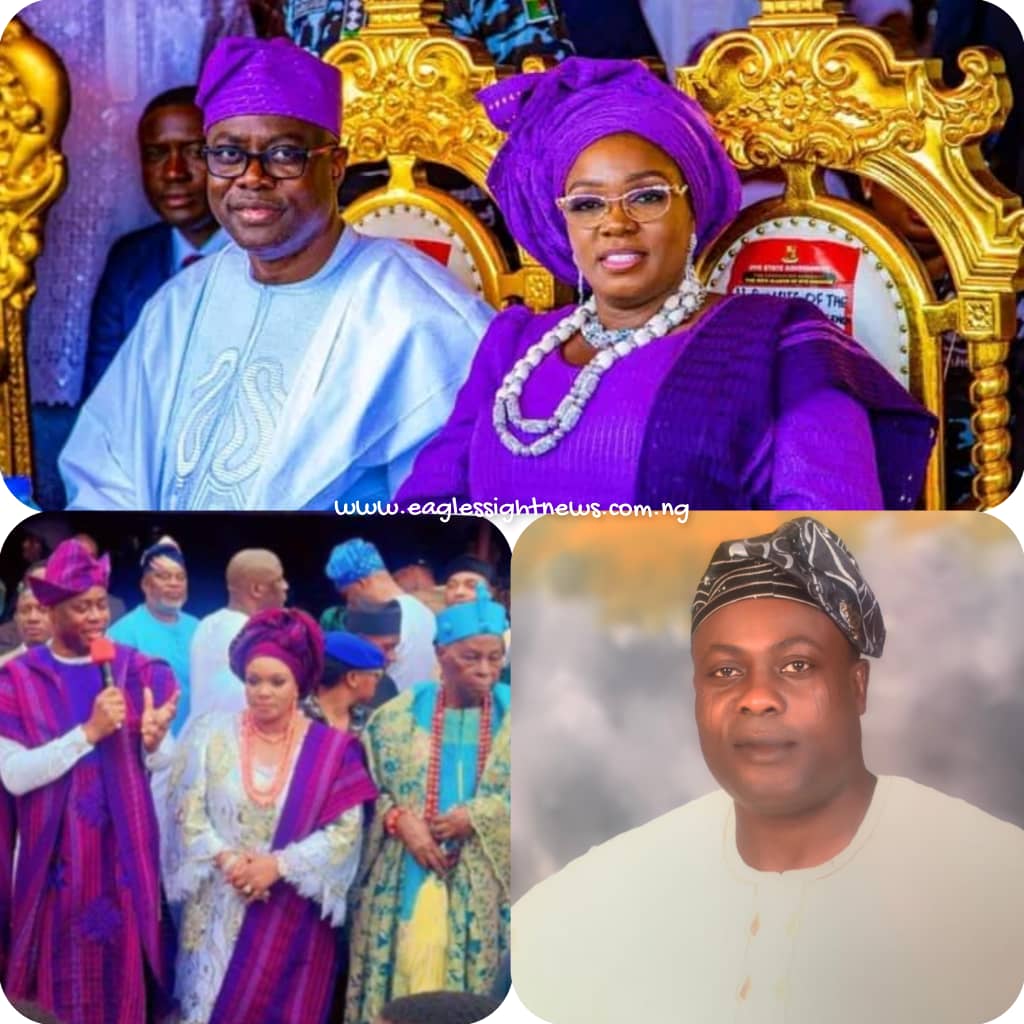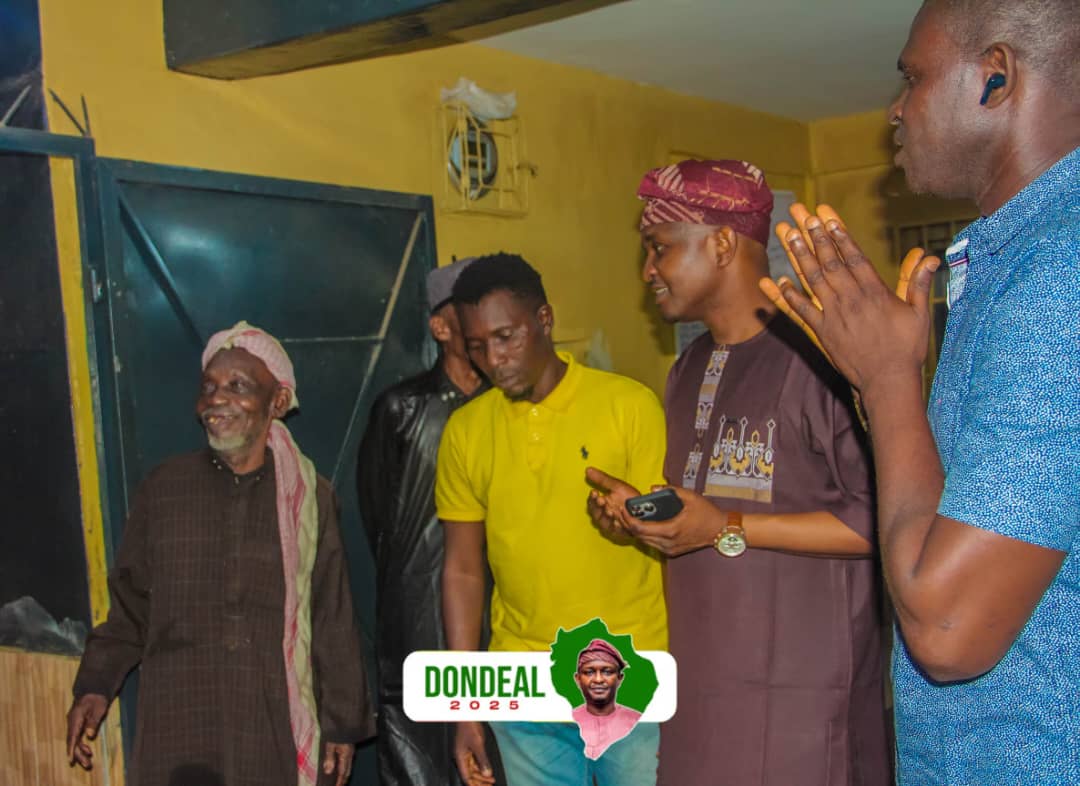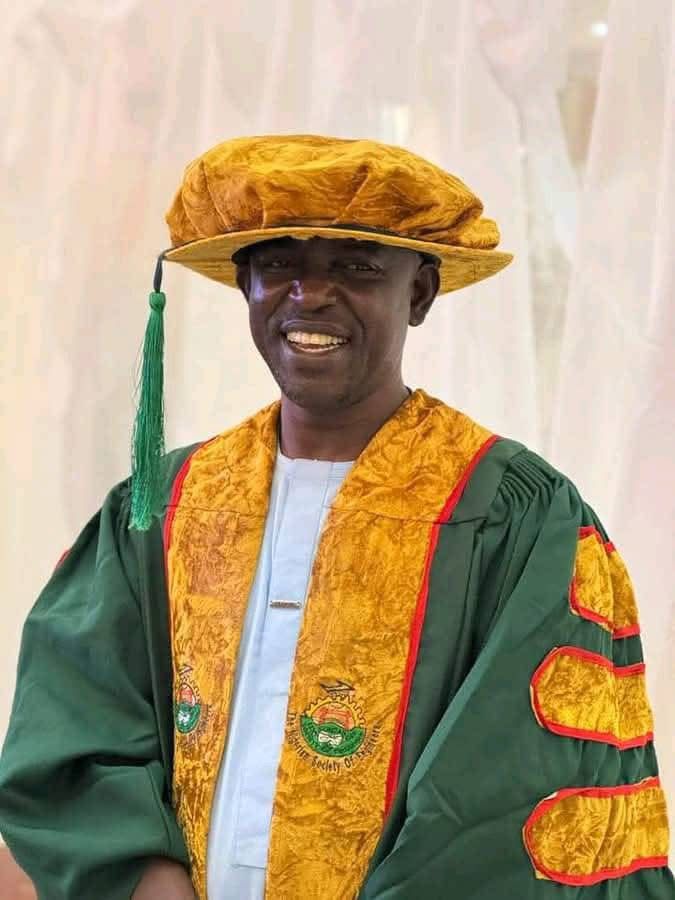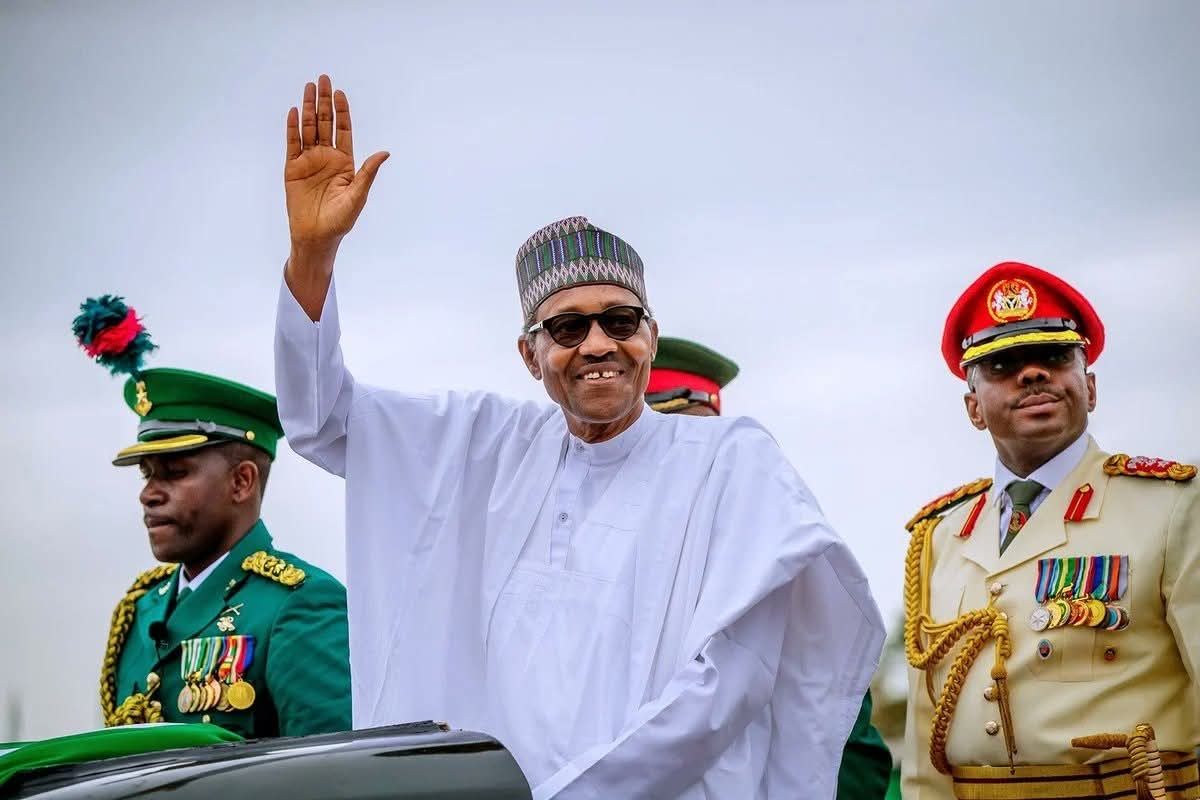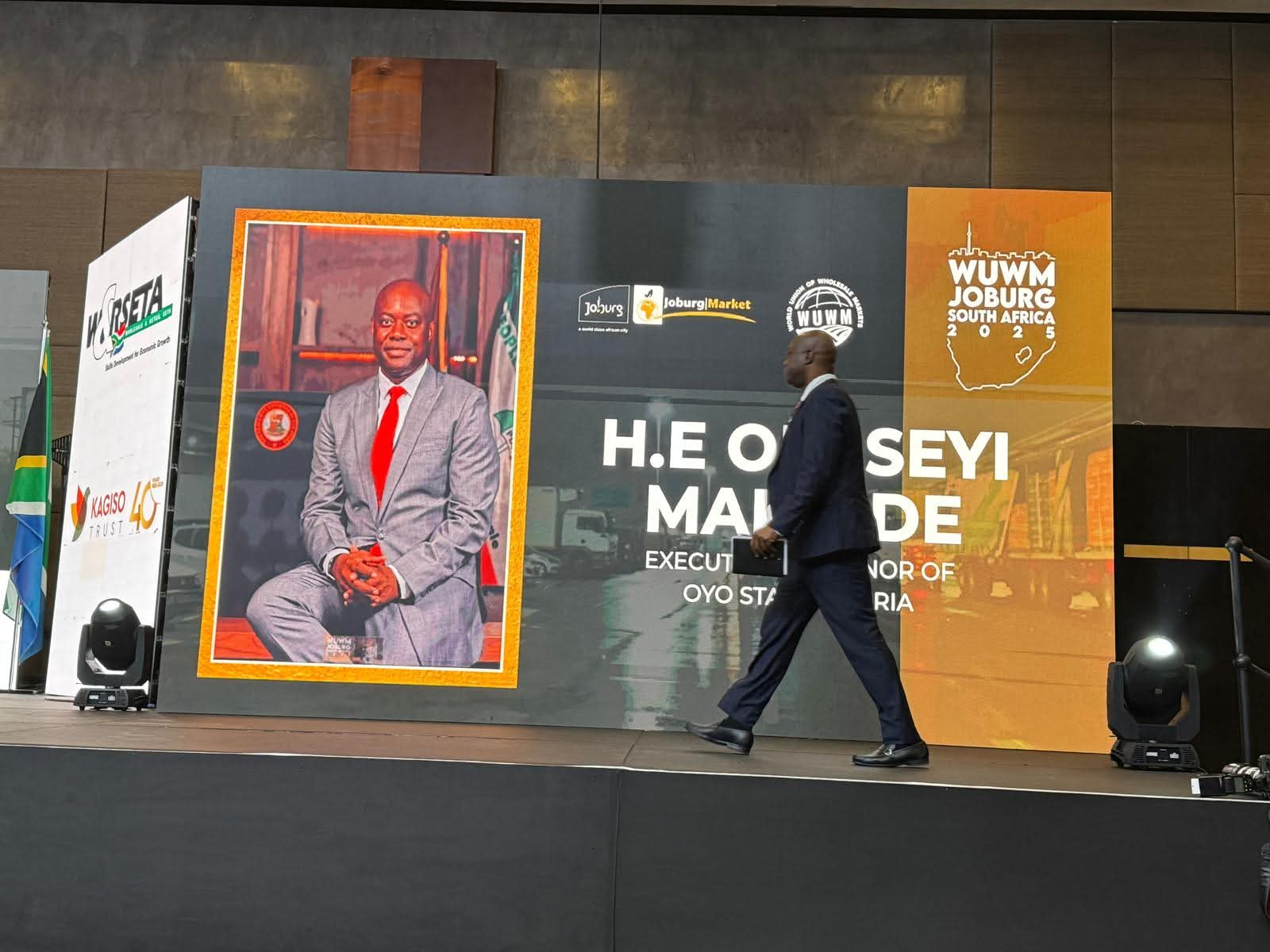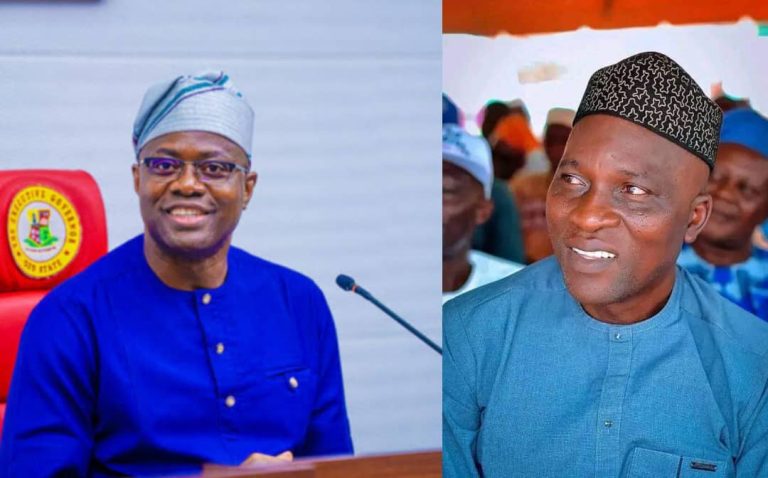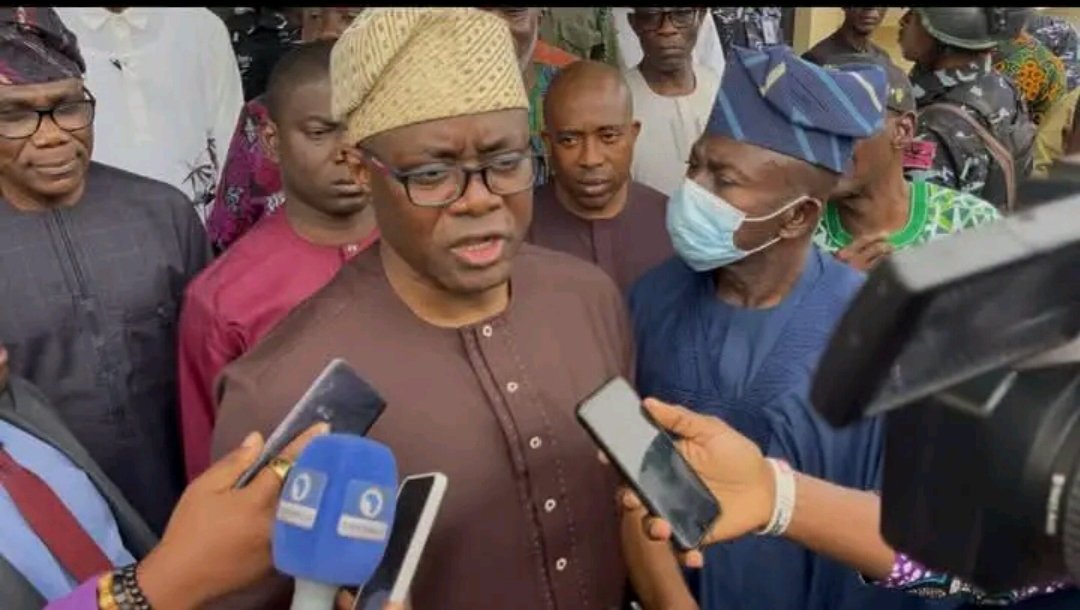OPINION: RE- LOCAL GOVERNMENT ELECTIONS IN MAY, 2021, A MAKINDE’S CLOSEST MODUS OPERANDI TO HEAL GRASSROOTS MALAISE AND RESTORE THE STATE TO GLOBAL ECONOMY NORMALCY |BRO Paul Adebanjo
RE- LOCAL GOVERNMENT ELECTIONS IN MAY 2021: A MAKINDE’S CLOSEST MODUS OPERANDI TO HEAL GRASSROOTS MALAISE AND RESTORE THE STATE TO GLOBAL ECONOMY NORMALCY |BRO Paul Adebanjo
Democracy according to Abraham Lincoln “is the government of the people by the people and for the people”. Bringing this assertion to the closest reality for the benefits of the masses living at the grassroots’ communities, Governor Seyi Makinde (GSM) embarks on Local Government Elections as a Modus Operandi which is to cushion the economic suffering of grassroots communities.
INTRODUCTION
Any community that suffers from discomfort, illness or unease whose exact cause is difficult to identify is described as an environment suffering from malaise.
Whereas, one way to identify these challenges is when grassroots communities are allowed to elect the candidate of their choice into various local government council positions through their delegated people.
Representatives of local communities from the various regional environment under the supervision of the government tends to live more closer to members of their communities and know better on the fundamental malaise, pains and challenges facing them from grassroots thus, a need for a well -coordinated Local Government Elections.
When members come together and take collective action on a local problem, a grassroots organization is formed. This has been with one of the factors that speed up the economic development of major states such as Lagos. Thus, a local government election is the election of representatives to the local government council. It is an election to bring duly elected candidates to respective positions in local government councils such as council chairmen and councillors.
On the other hand, the global economy normalcy refers to the normal interconnected worldwide economic activities that takes place between multiple countries. It refers to the exchange of goods and services between different countries, and it has also helped countries to specialise in products which they have a comparative advantage.
HISTORY
According to research, the term Local government in Nigeria was first used during the colonial era when its power and authority were entrenched in traditional rulers whose modus operandi was not always democratic. However, there have been challenges characterized by local governments during this time which had put an ailment in the political history of the country.
Local government elections in the country were non-party exercise from 1987 to 1998. They were first held in 1987 during the Babangida regime. This was the first-time local government elections were conducted through whole rights.
December 5, 1998, local government elections in Nigeria under the supervisions of the Association of African Election Authorities (AAEA) and the International Foundation for Election Systems (IFES) which preceded the general election in 1999 that is the Governorship, State House of Assembly and the Presidential elections planned between January and February 1999.
The system of a democratic government comprises the federal, state and local governments. A type of democratic government therefore would not be complete without the conduct of the Local Government Elections which also has its rights according to 1999 electorate laws.
The conduct of local government election in Oyo state in some past administrations led to increasing development in the rural communities in the aspects of infrastructures and basic amenities such construction of good roads, provision of shelters, provision of good water and food to mention but a few.
The uniqueness, bonds and power that the local government has vis-a-vis the economic development of the state, in general, suffered a severe illness and lost its beauty totally in the recently passed administration since the real method of democracy was not used to elect prospective candidates to local government councils; and the caretaker appointees were not empowered to provide for the needs of their people.
Consequently, there were a lot of abandoned projects and huge set back in the grassroots communities.
Governor Oluwaseyi Makinde’s method of Local Government Election is to restore the beauty and glory of the local government democracy of Oyo state. People can testify that he has not failed any of his promises since he emerged as Oyo State governor. The Local Government Election will enhance a holistic strategy to cushion the economic challenges facing the people of Oyo state from grassroots communities to the state as a whole thereby yielding an impactfull economic development of the state at large. Some of the economic impacts are deduced below. Economic revenue to the state; a collection of taxes and fees.
Establishment and maintenance of cemeteries, burial grounds and homes for the destitute or infirmed. Licensing of bicycles, trucks (other than mechanically propelled trucks), canoes, wheelbarrows and carts.
Establishment, maintenance and regulation of markets, motor parks and public conveniences. Construction and maintenance of roads, streets, drains and other public highways, parks, and open spaces;
Naming of roads and streets and numbering of houses;
Provision and maintenance of public transportation and refuse disposal;
Registration of births, deaths and marriages;
Assessment of privately owned houses or tenements to levy such rates as may be prescribed by the House of Assembly of a State; and, control and regulation of out-door advertising, movement and keeping of pets of all descriptions, shops and kiosks, restaurants and other places for sale of food to the public, and laundries.
In conclusion, the Local Government Election as planned by Oyo state Government with the intervention and a well coordination by Oyo State Independent Electorate Commission (OYSIEC) scheduled to 22nd May, 2021, would in no doubt remove the economic suffering of masses at the grassroots and restore the standard economic growth and development of the state as a whole.

